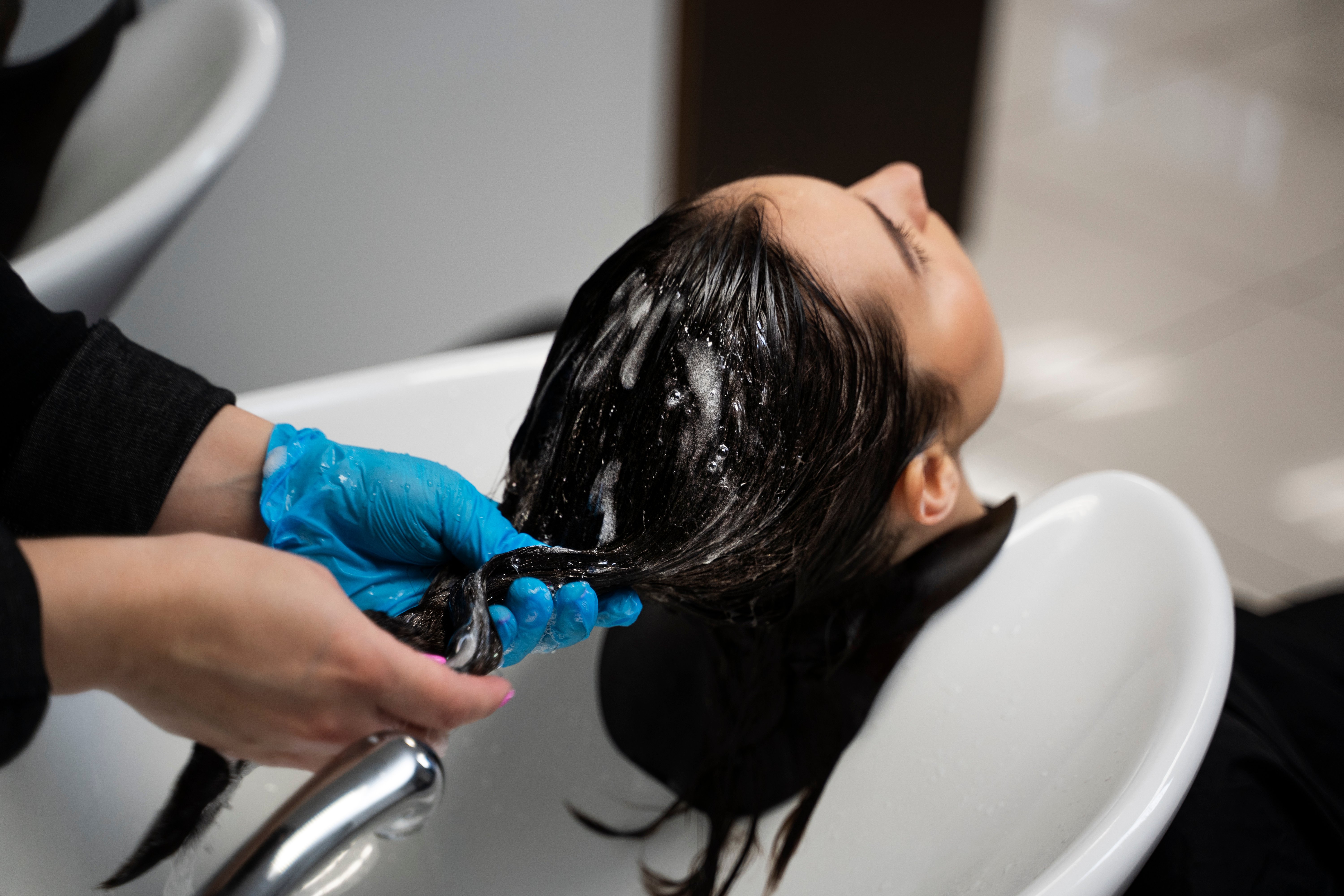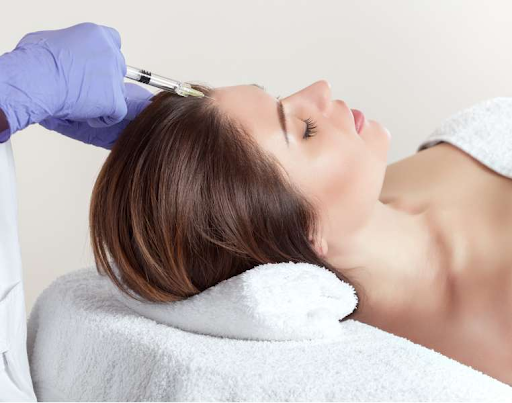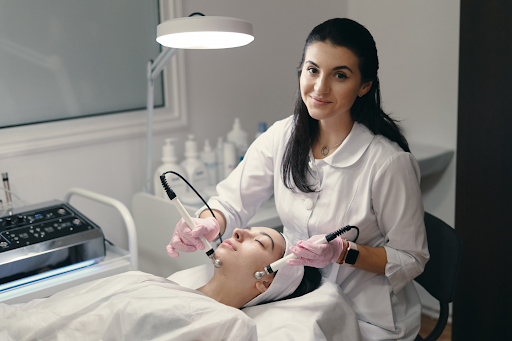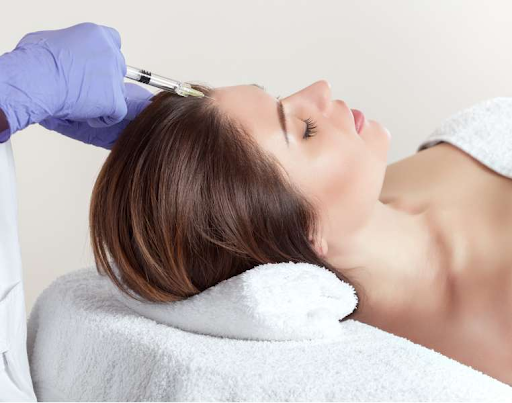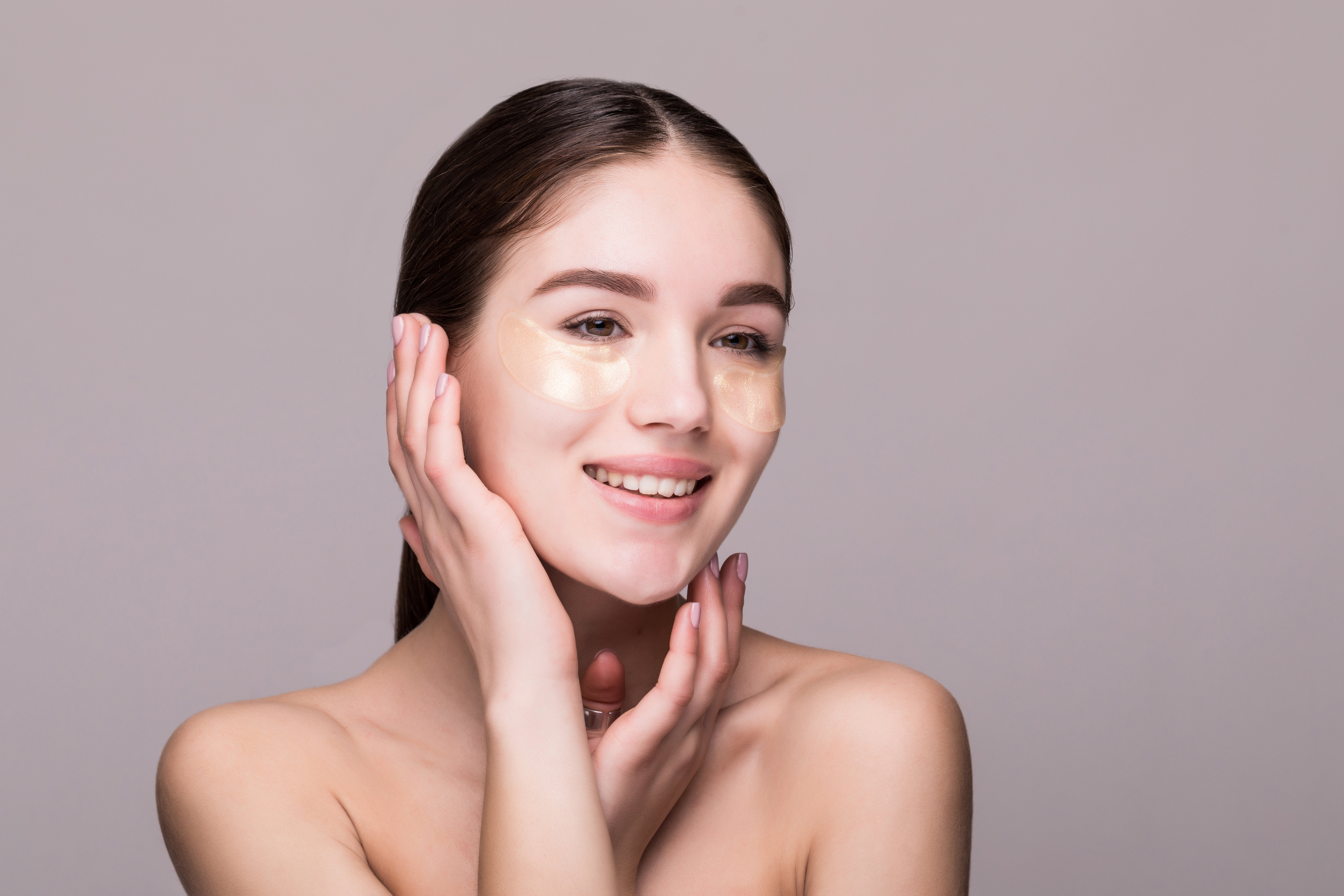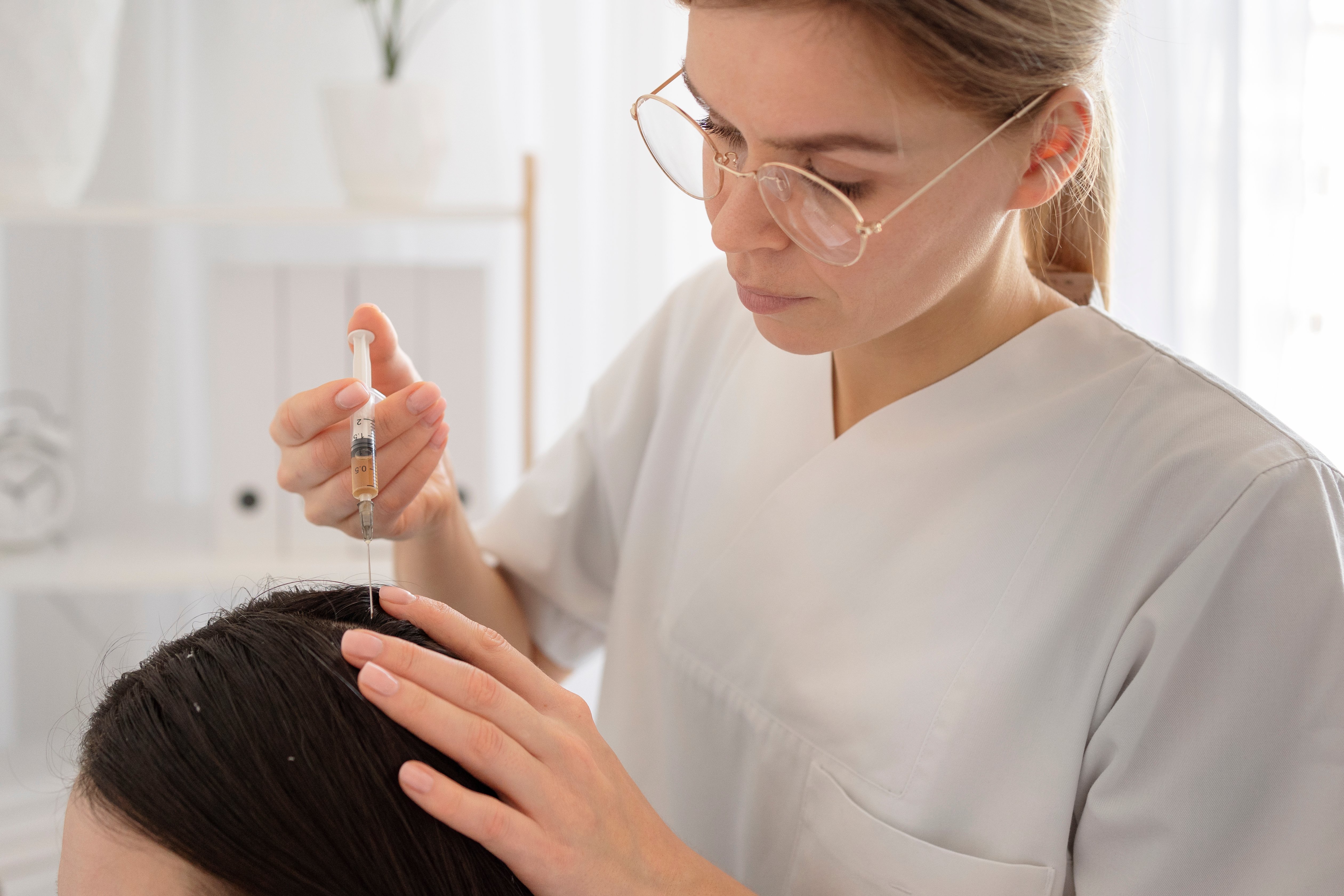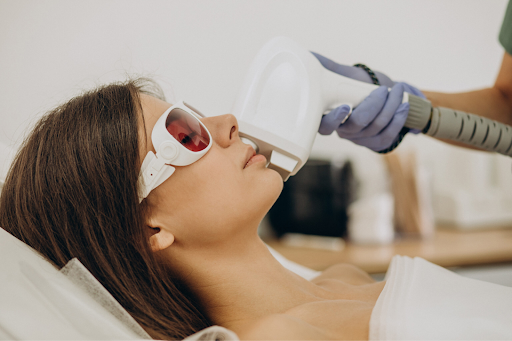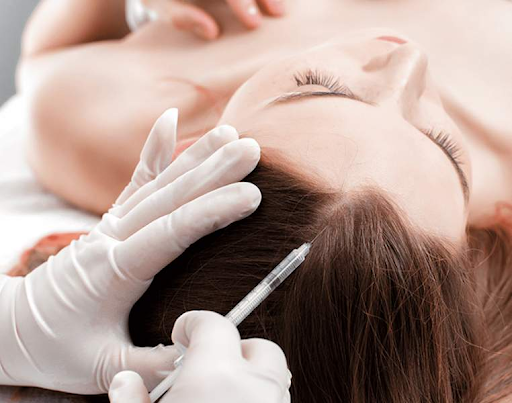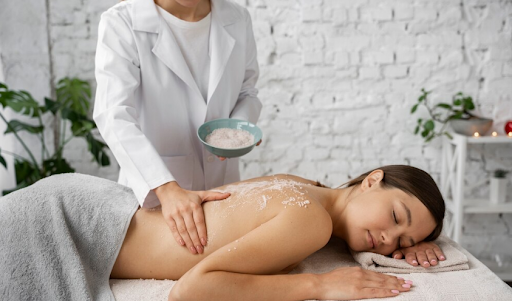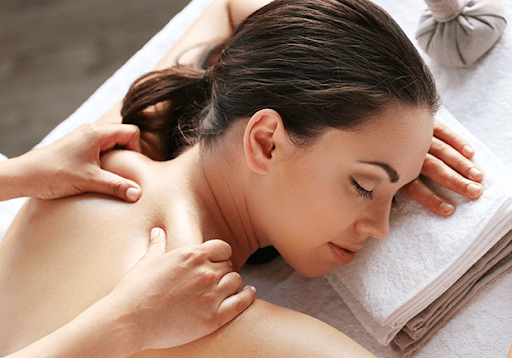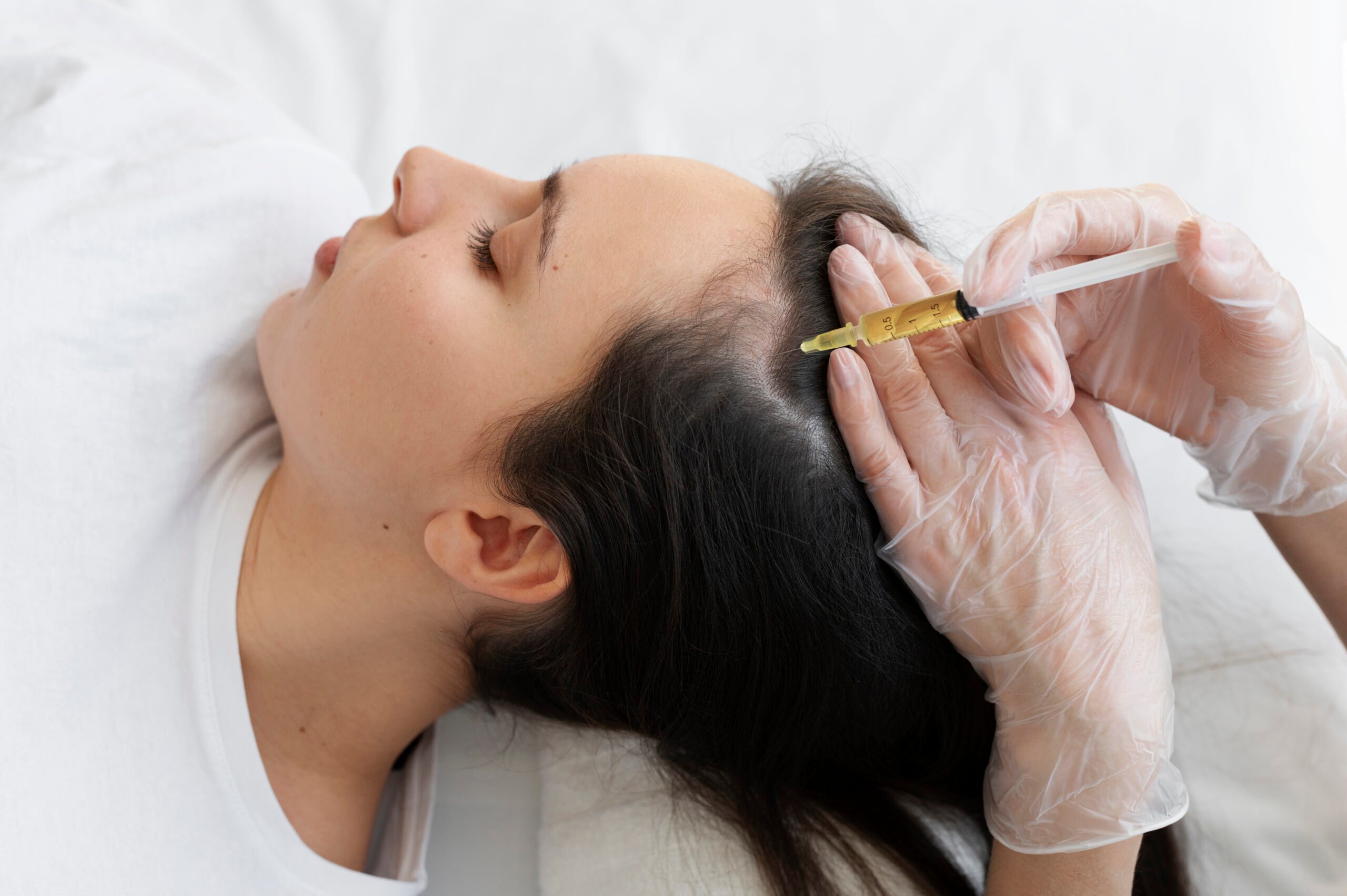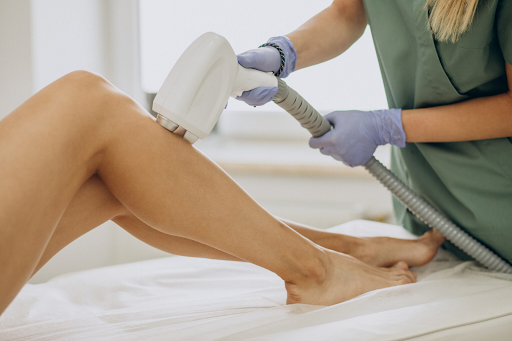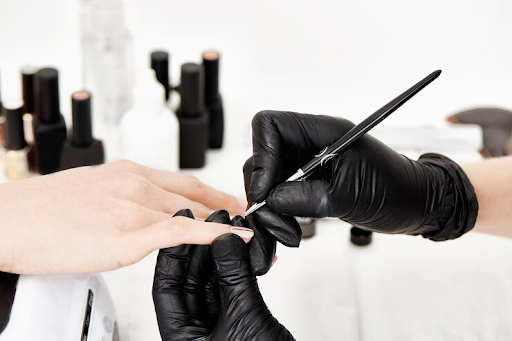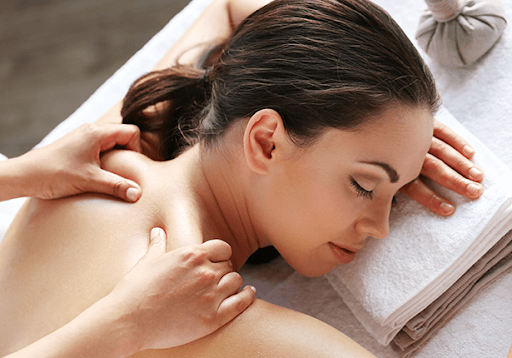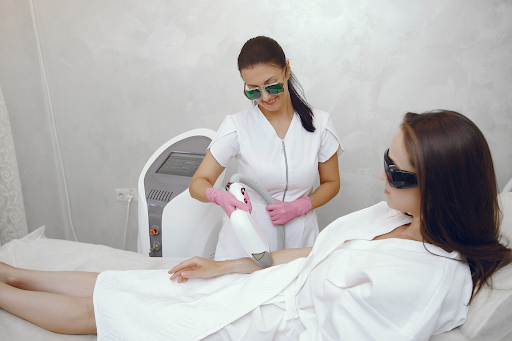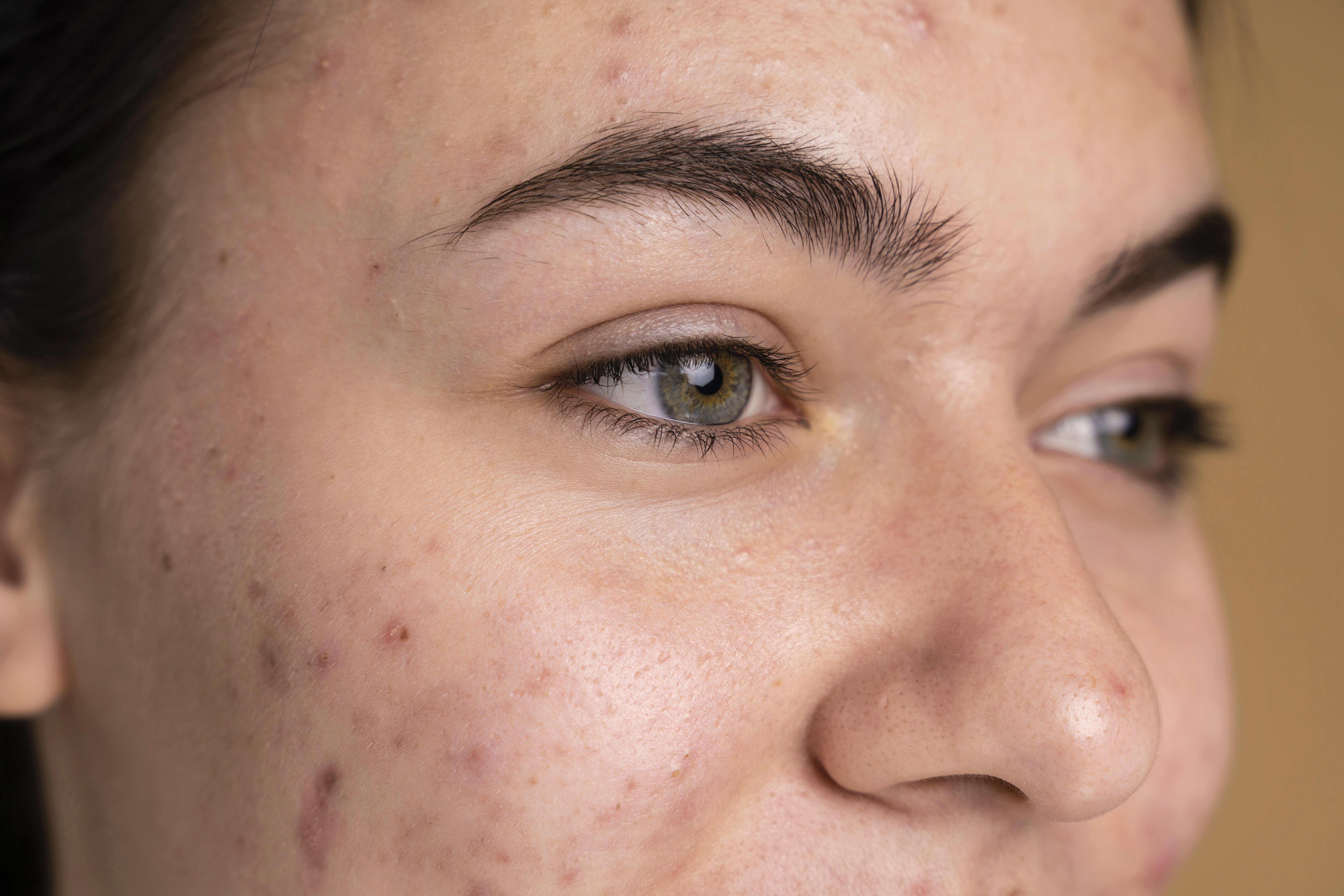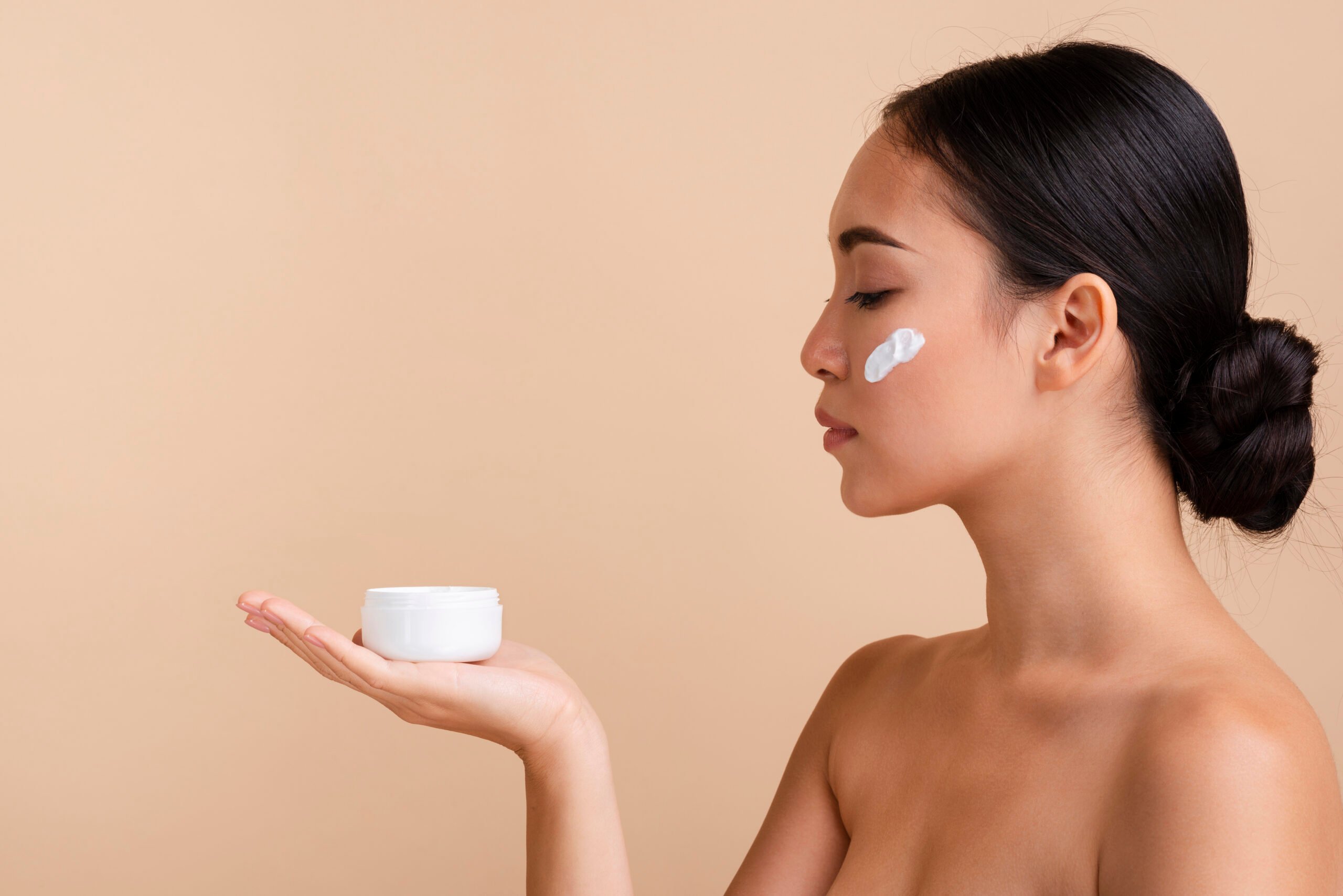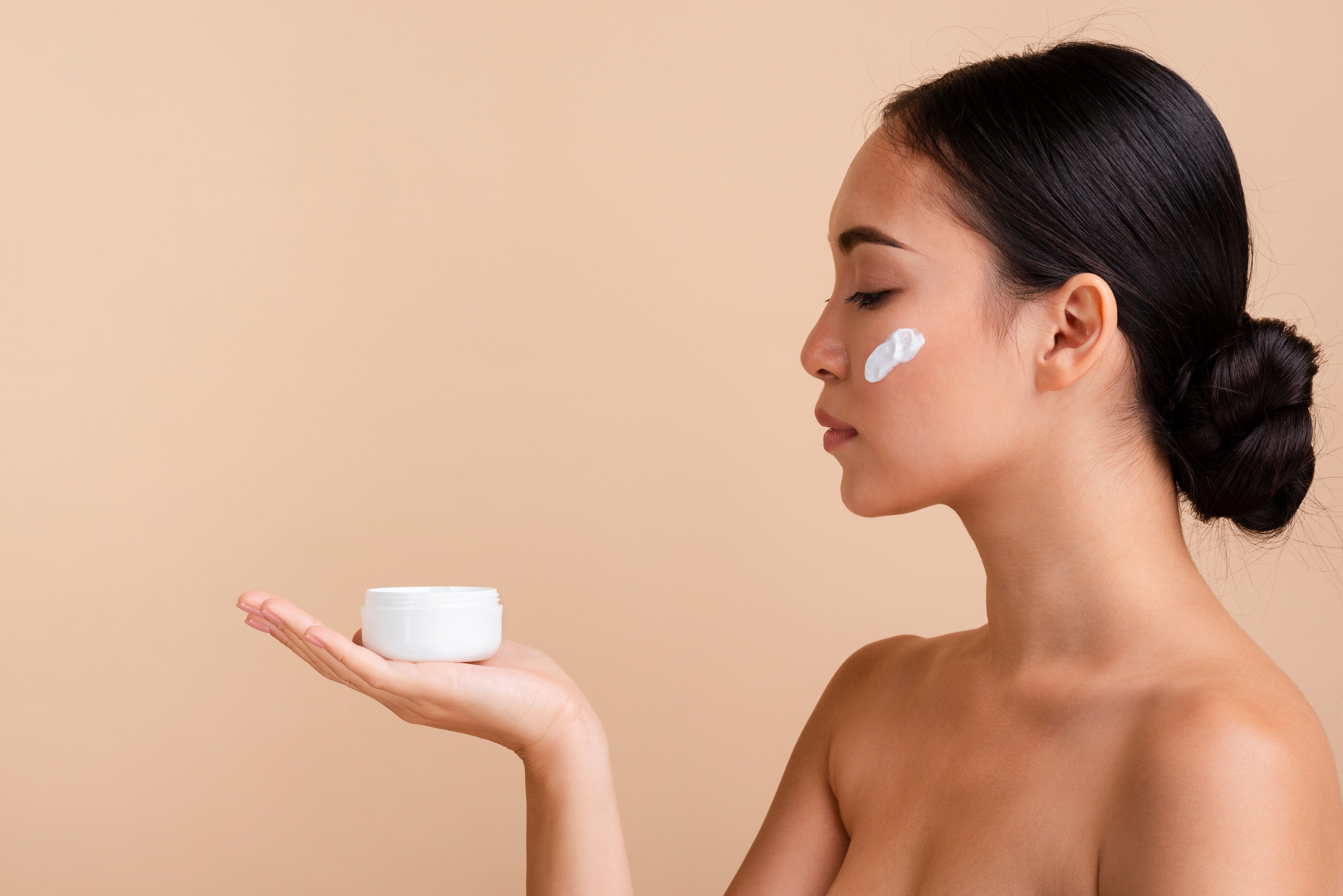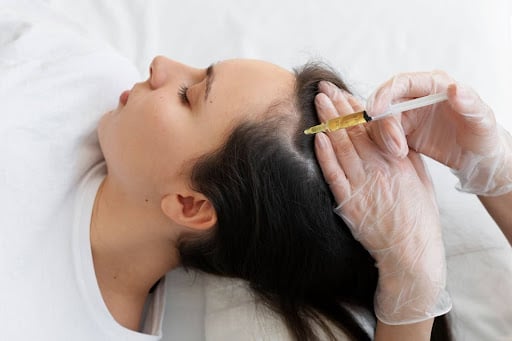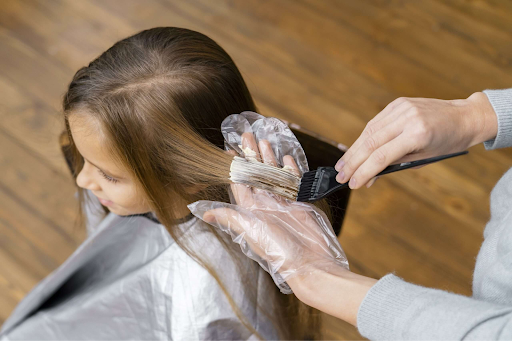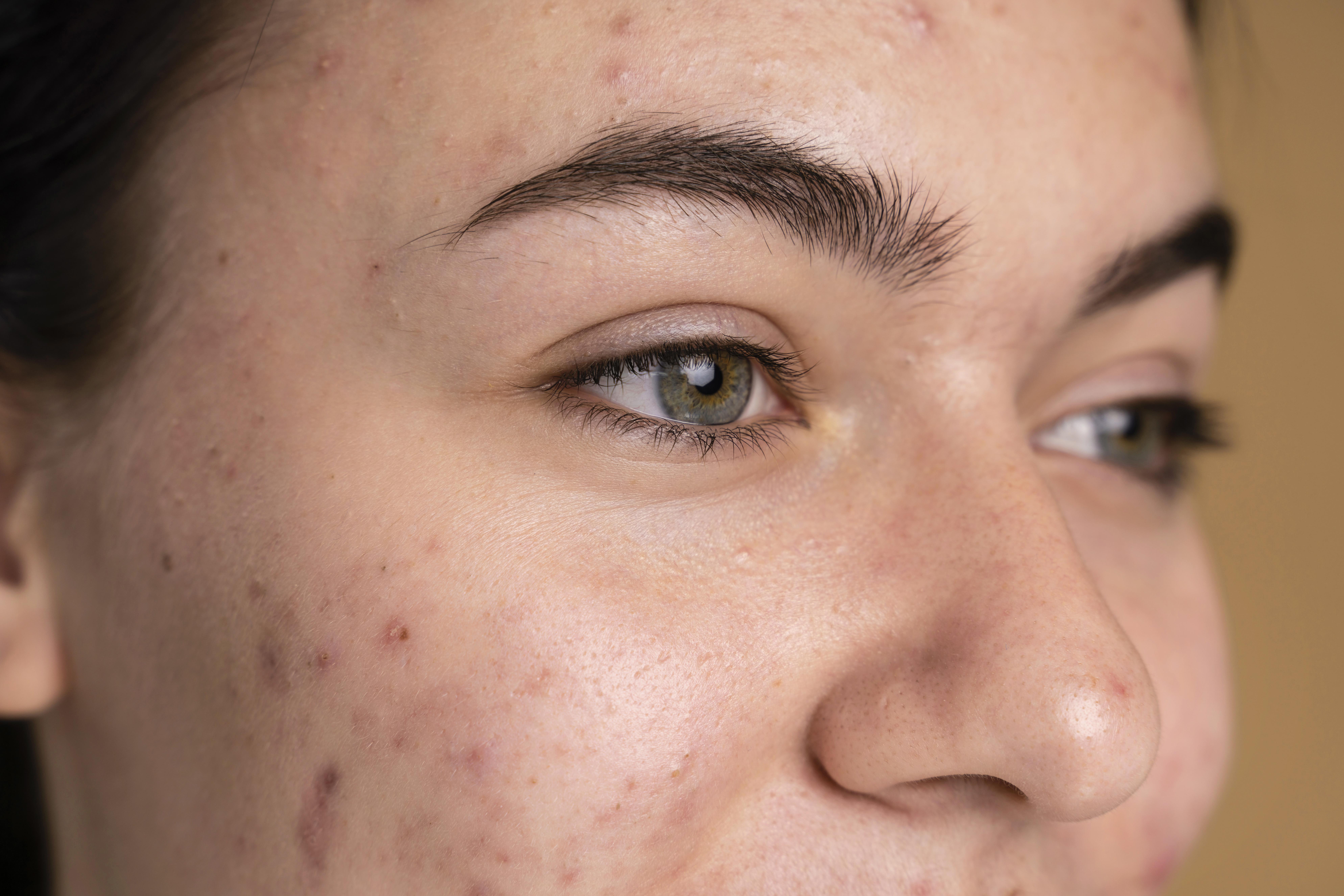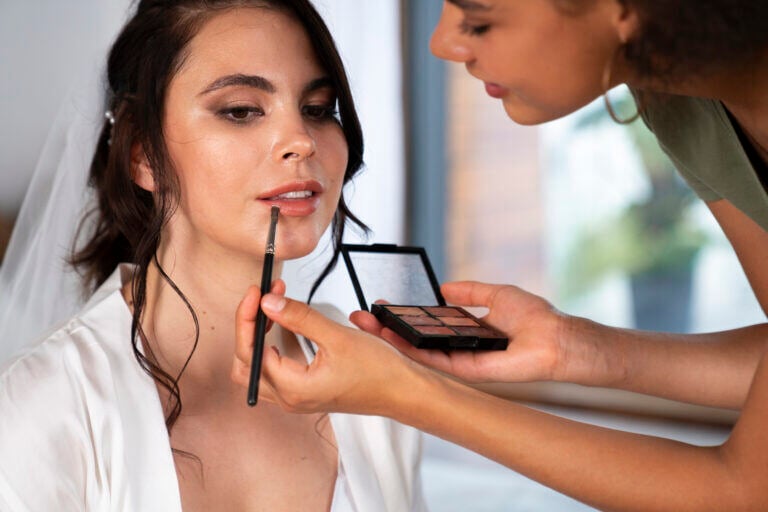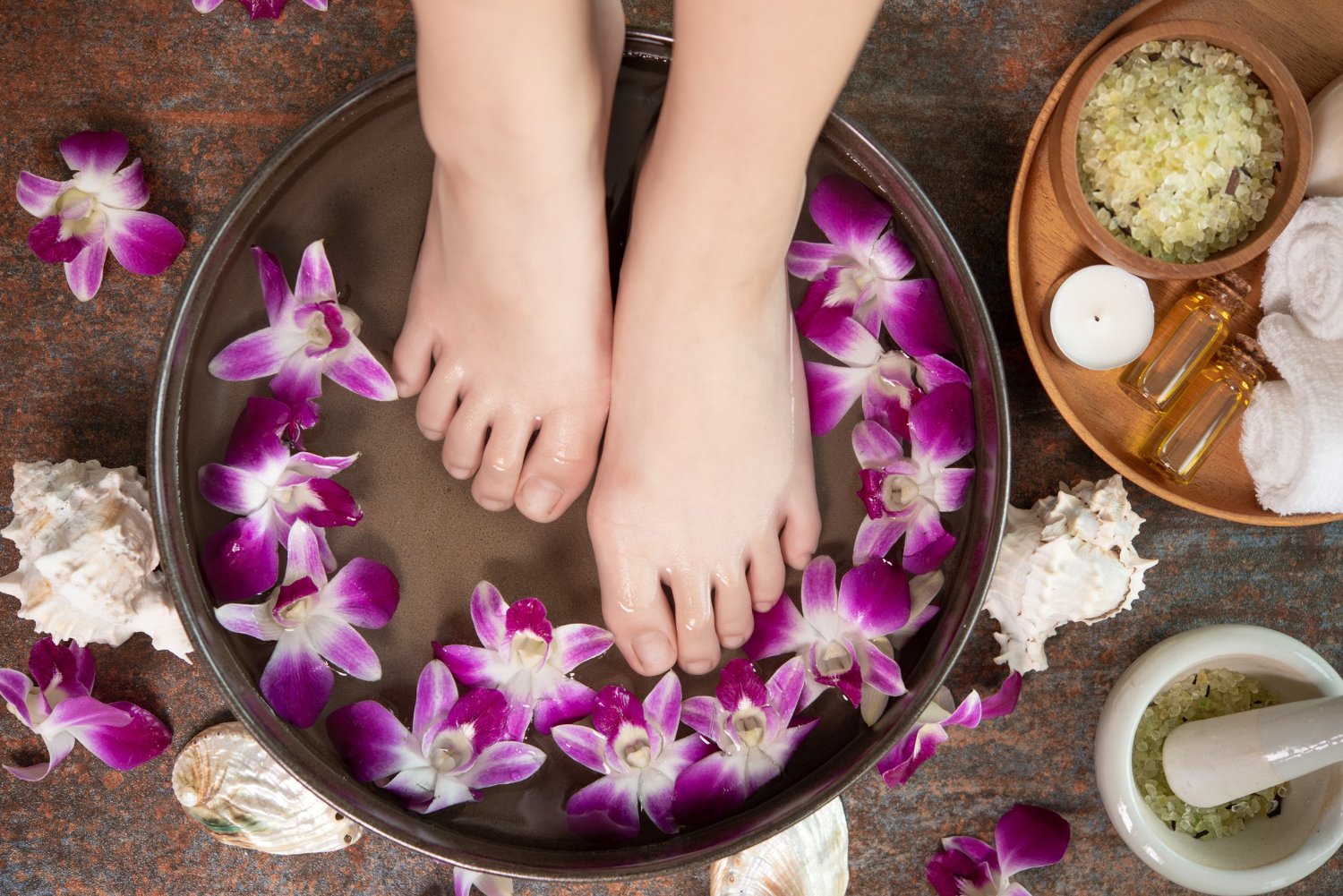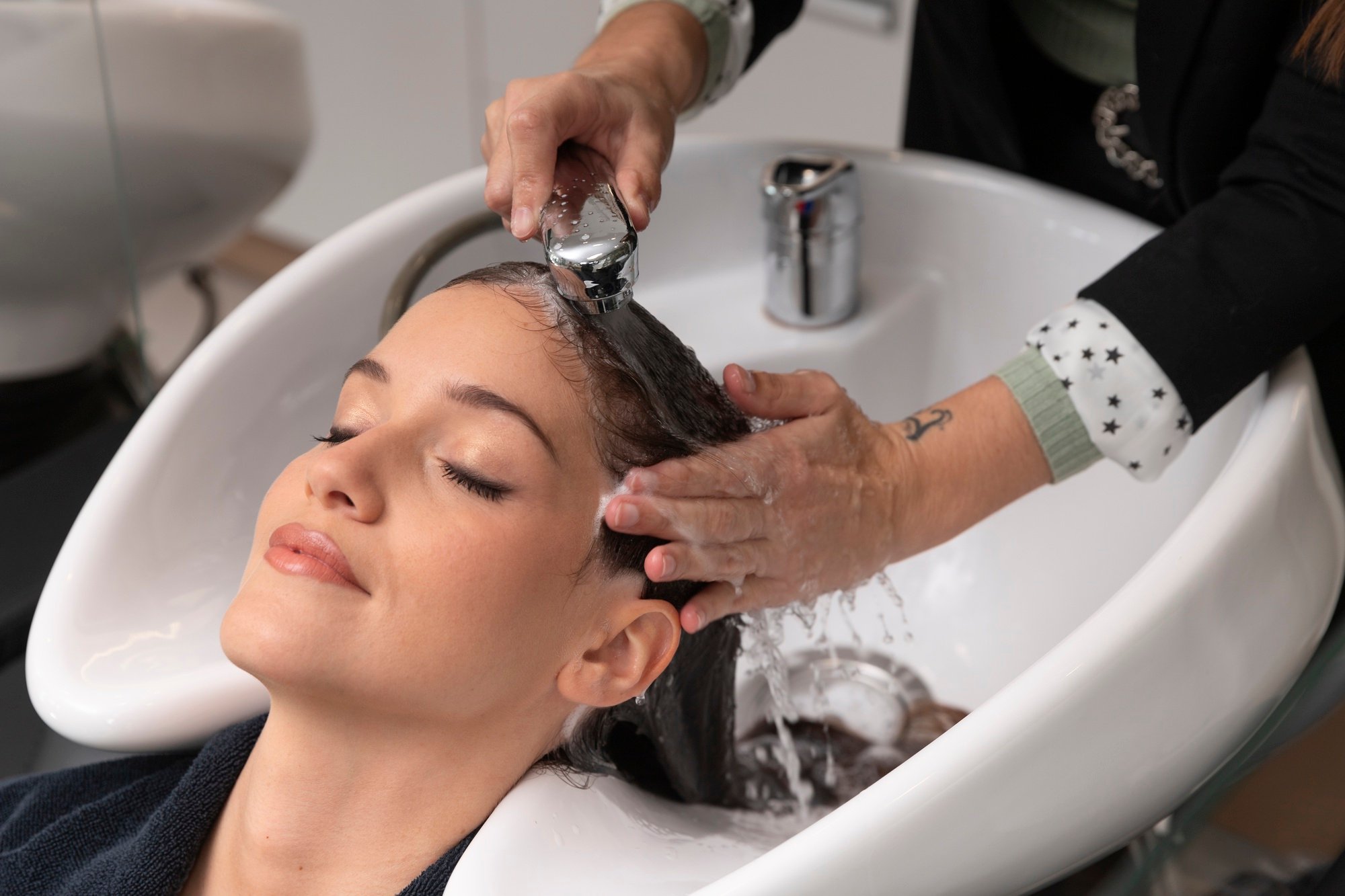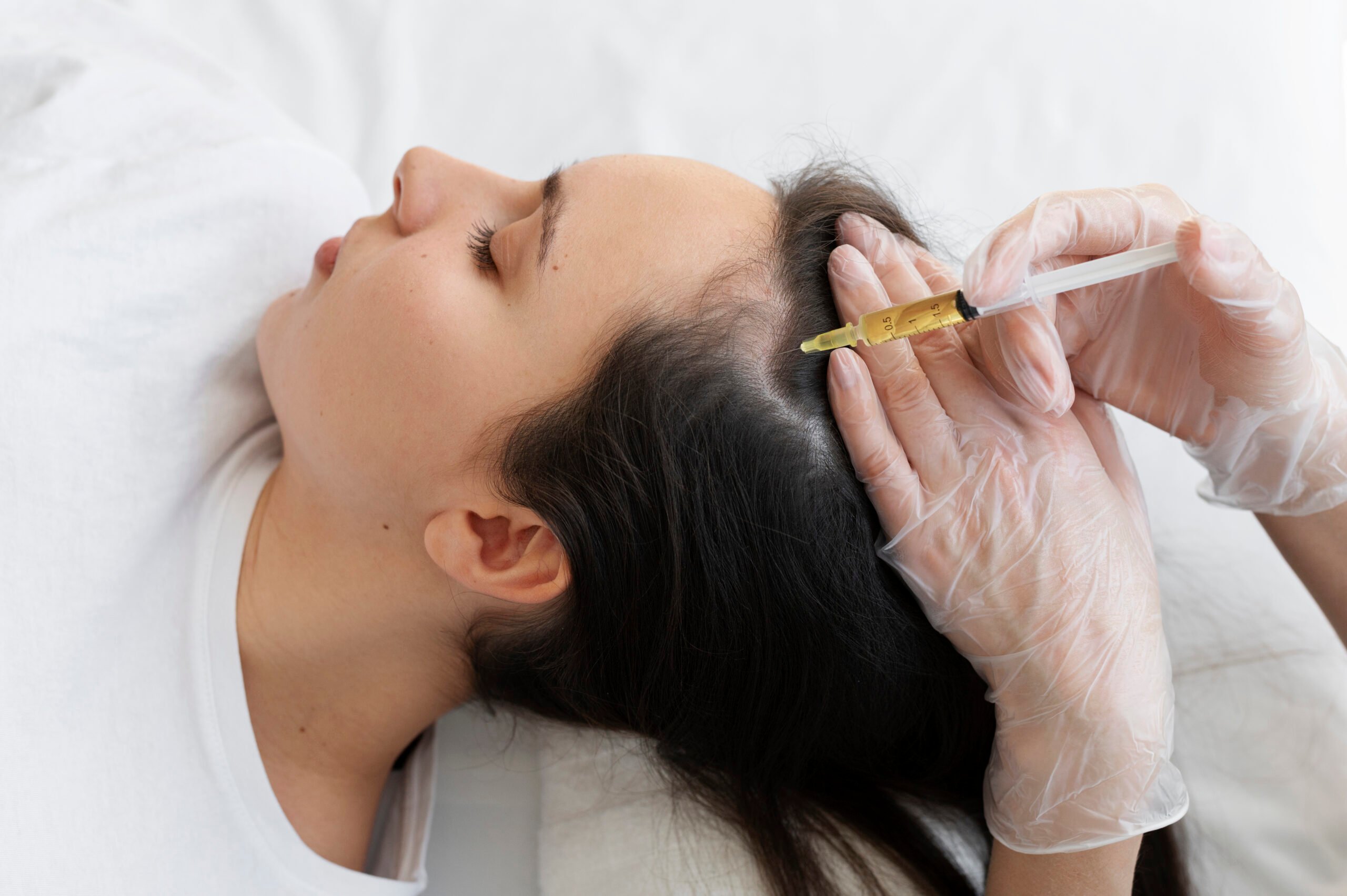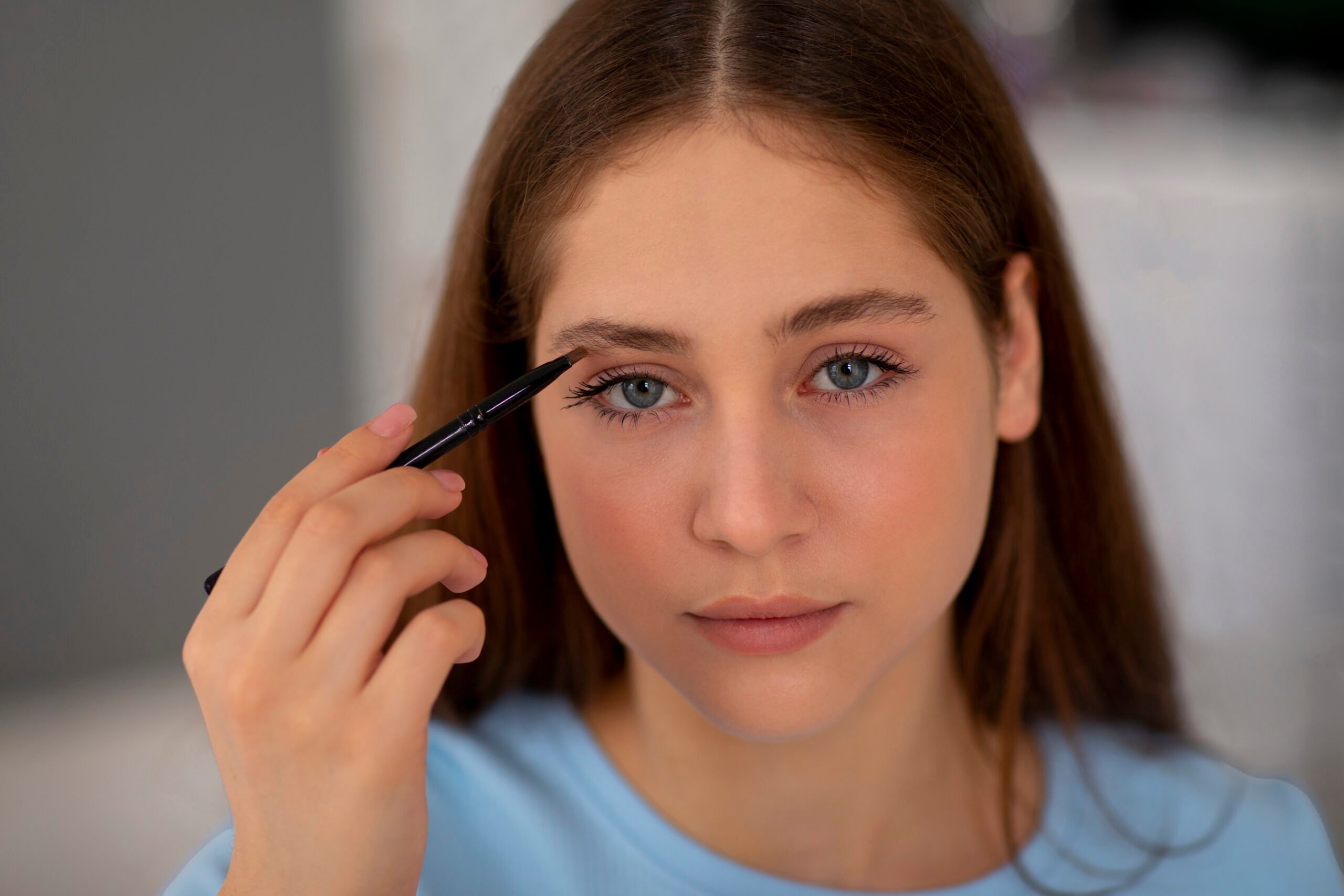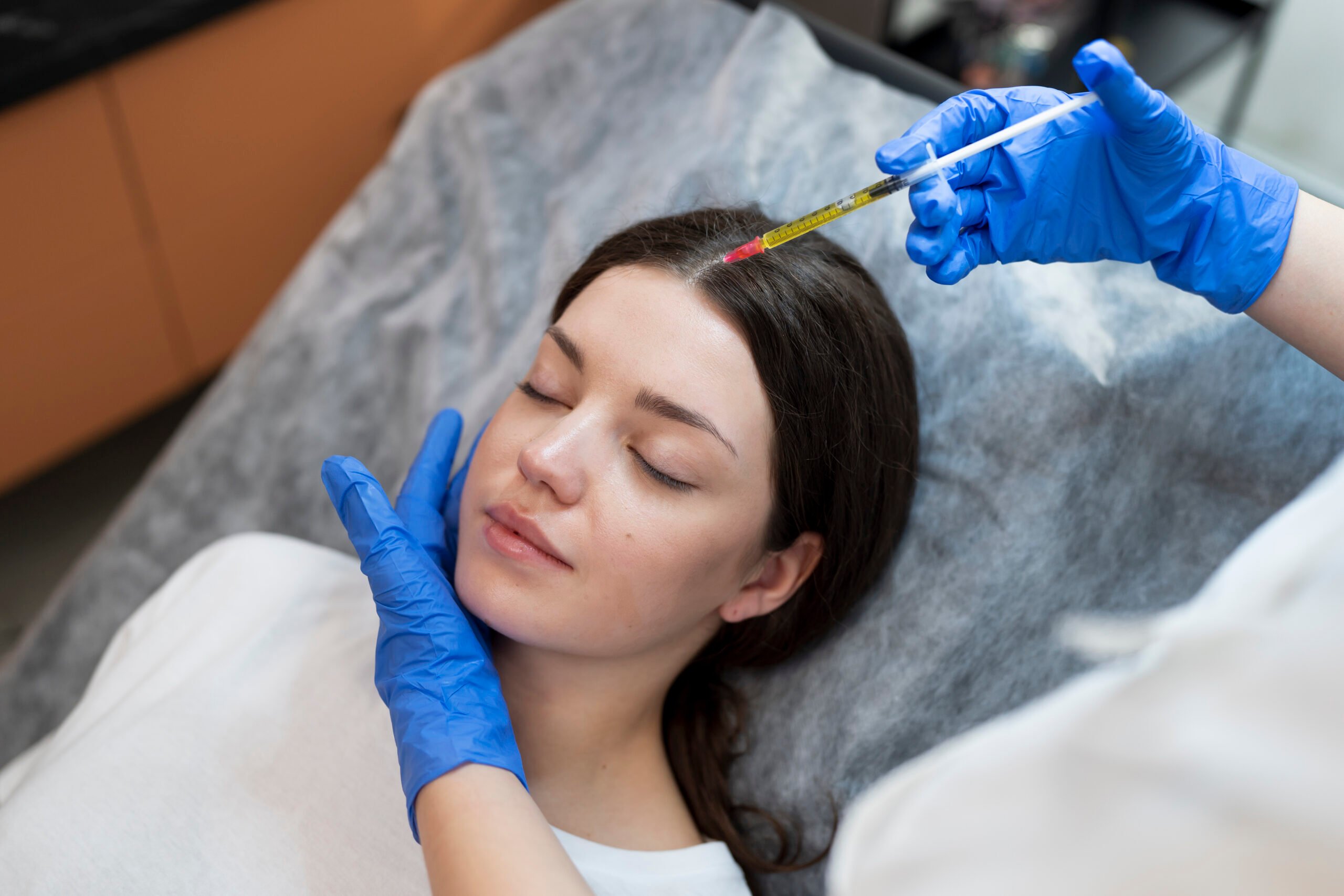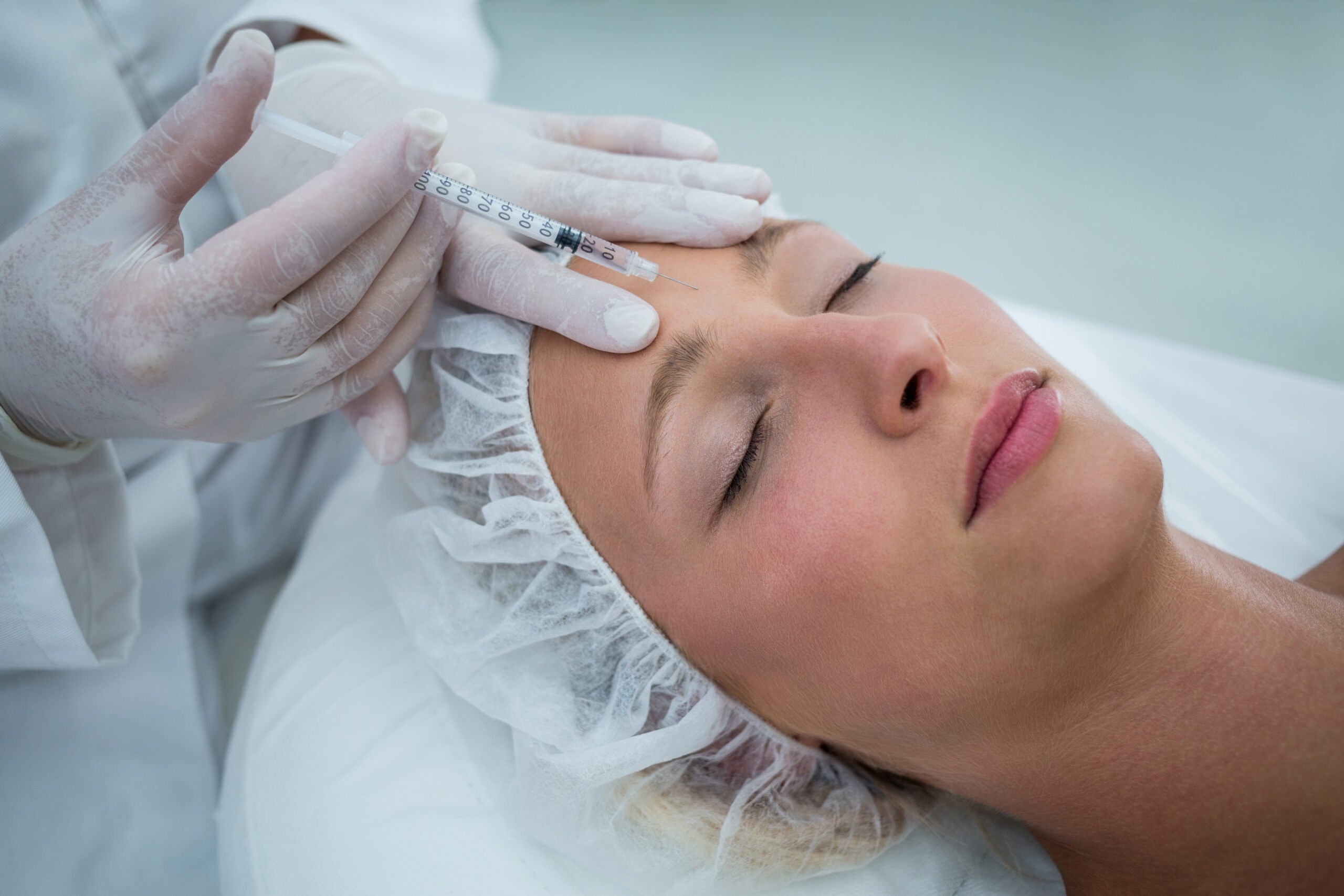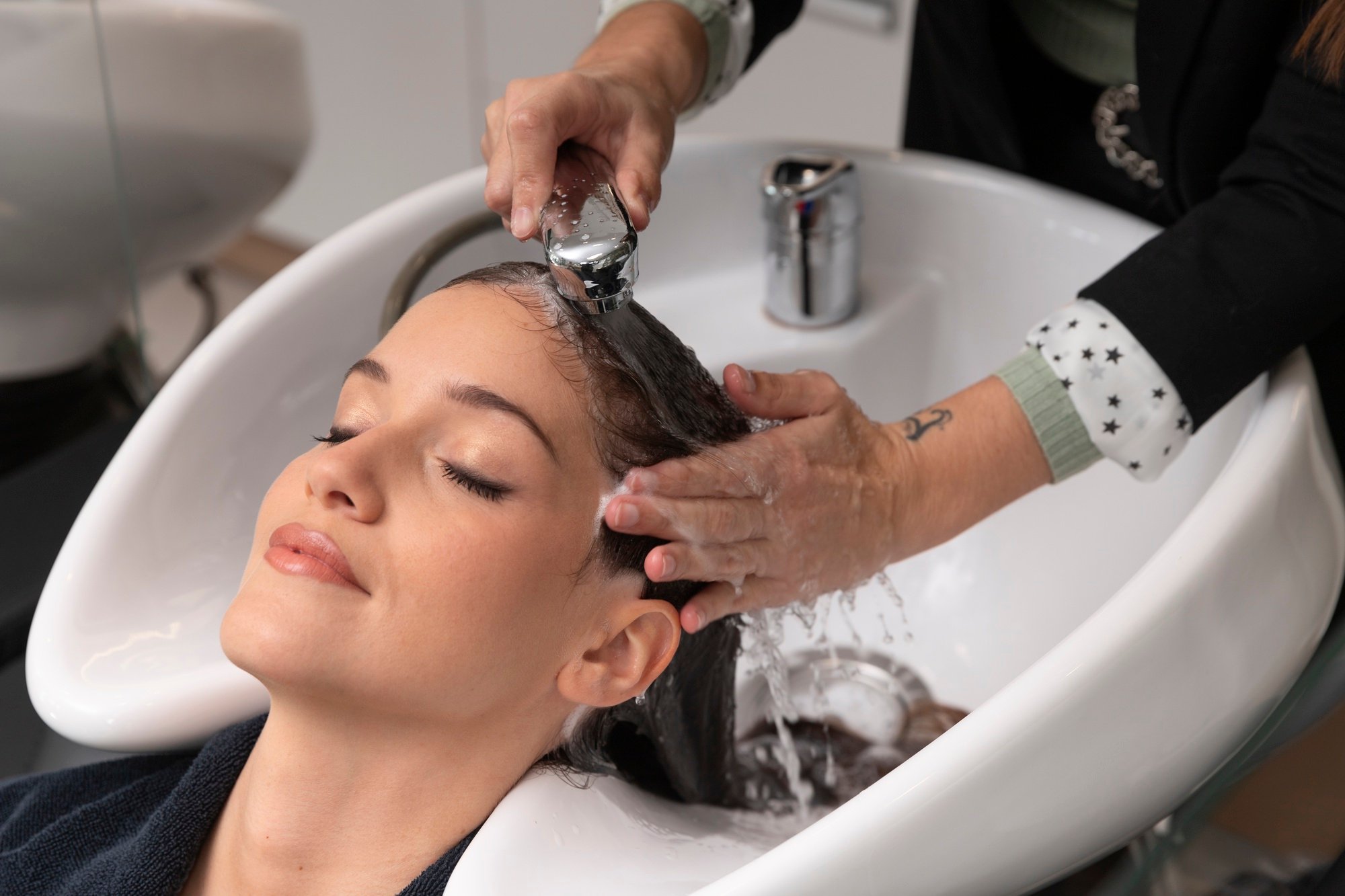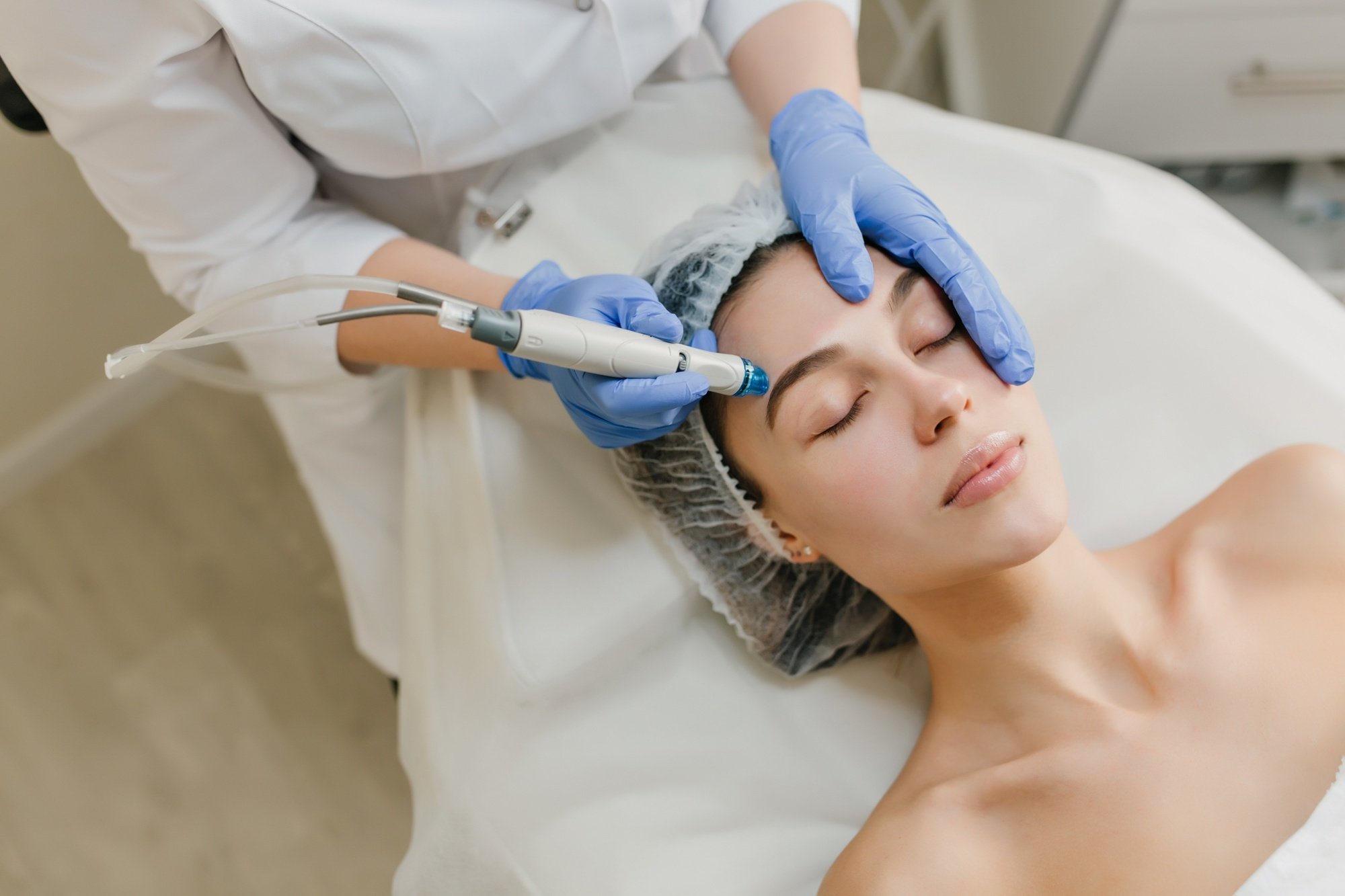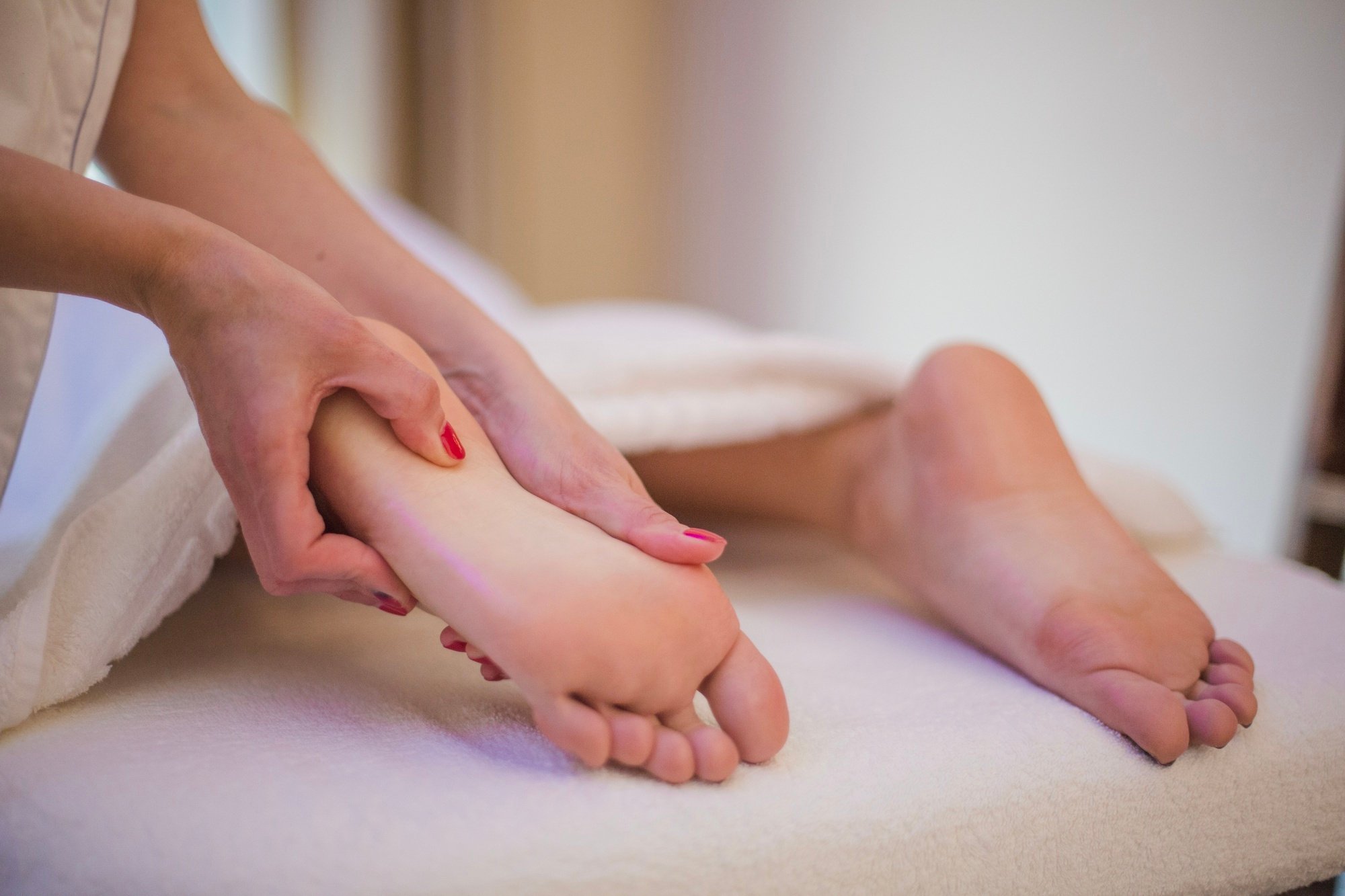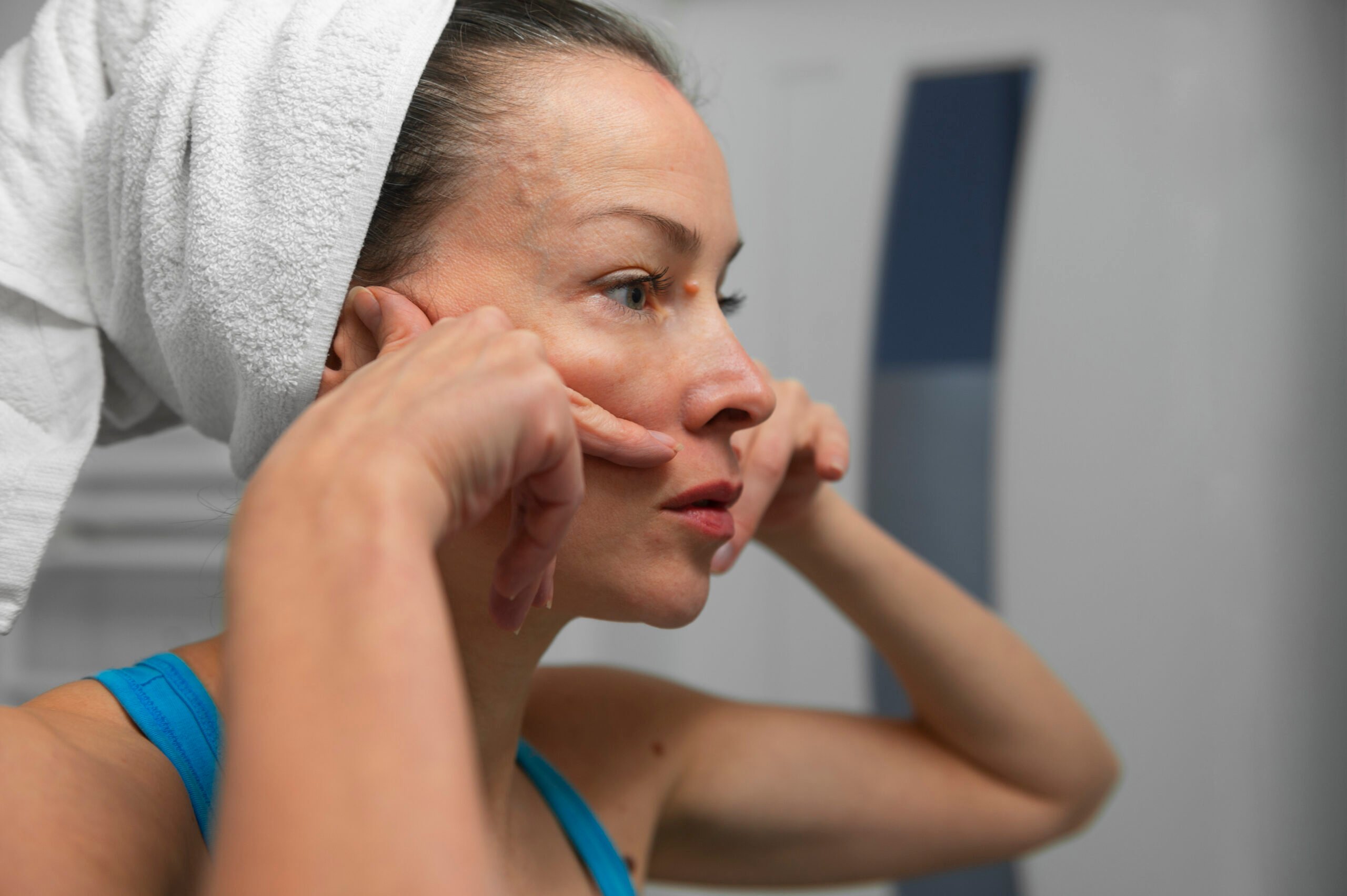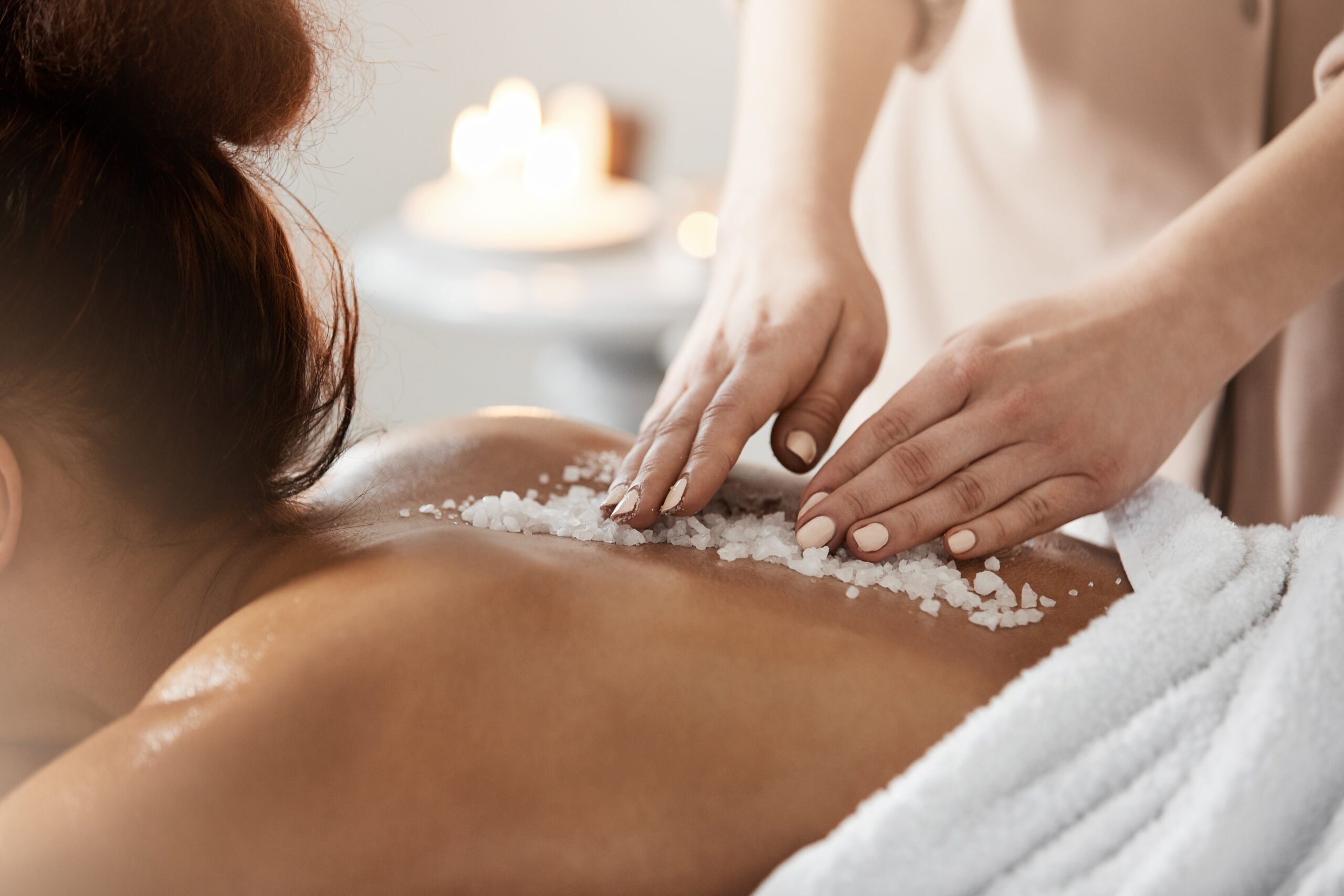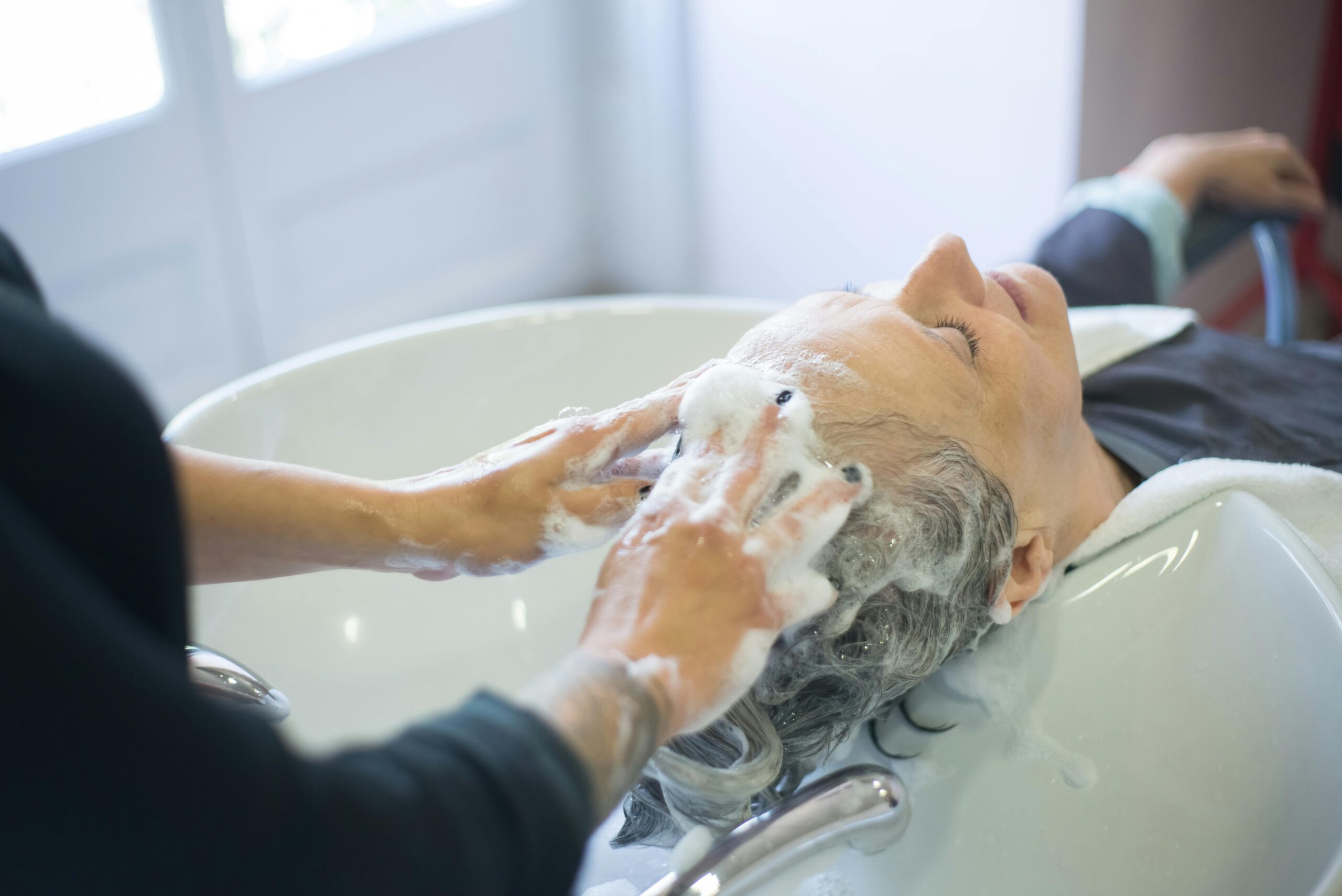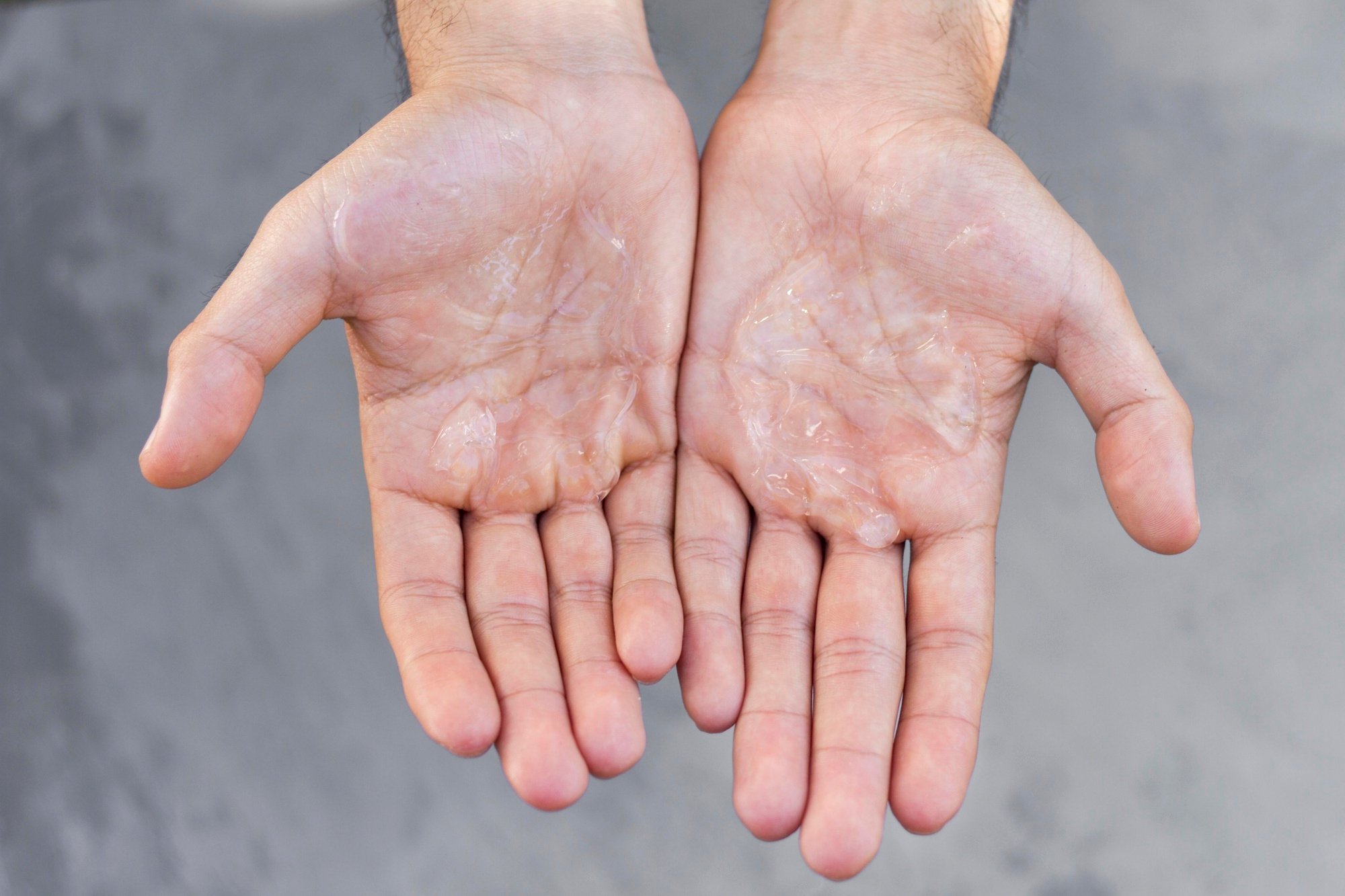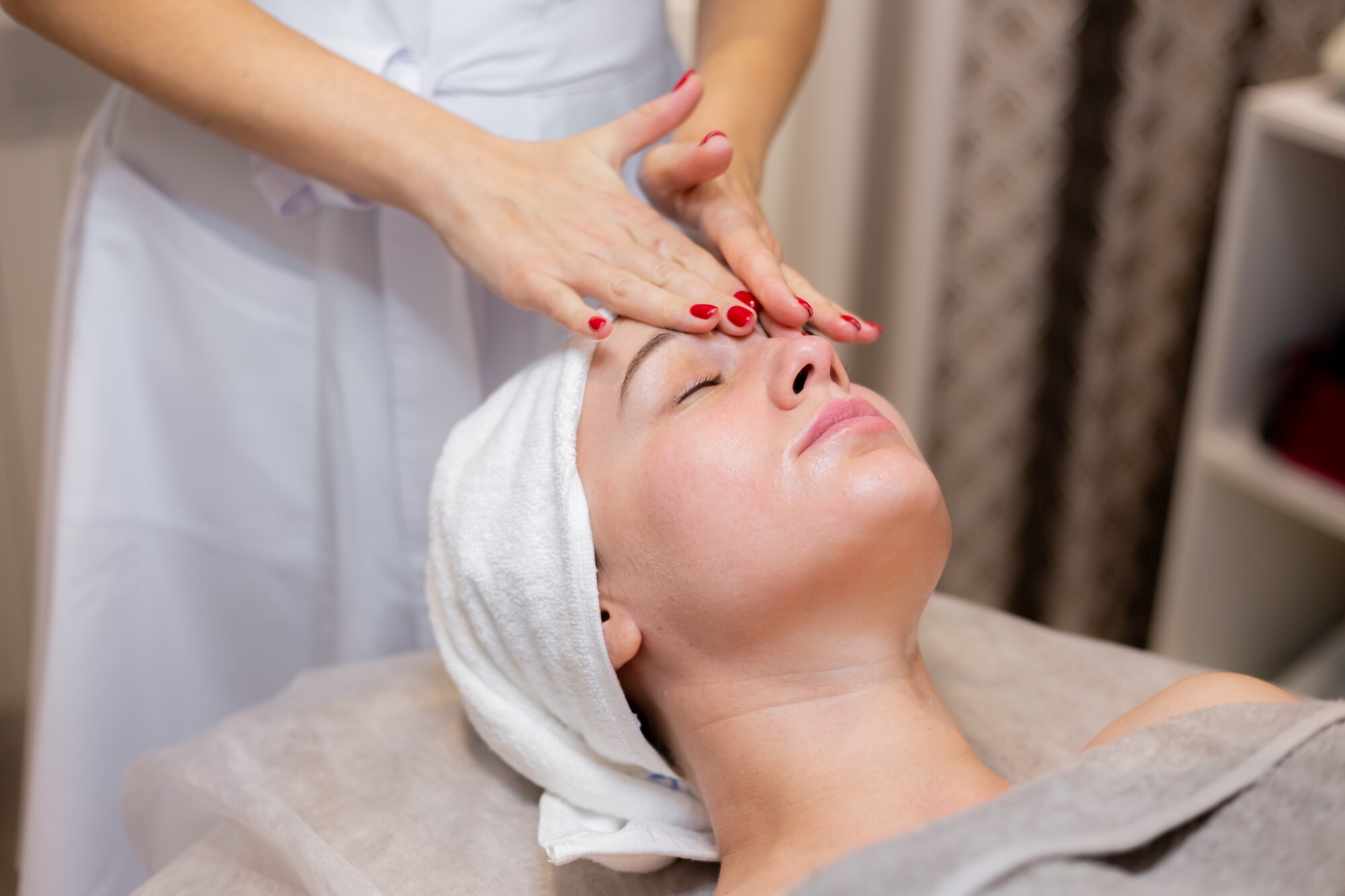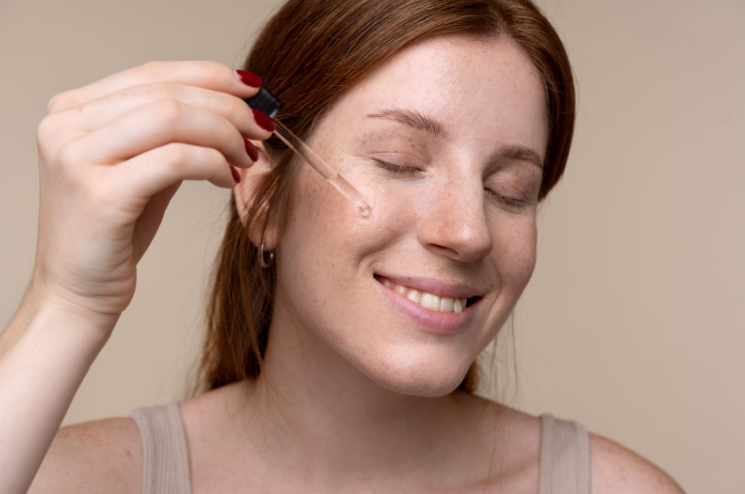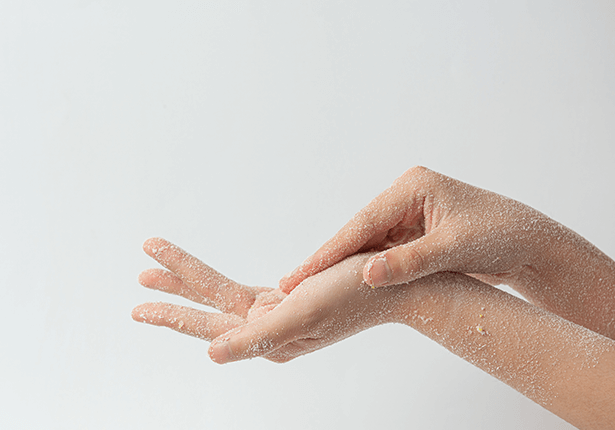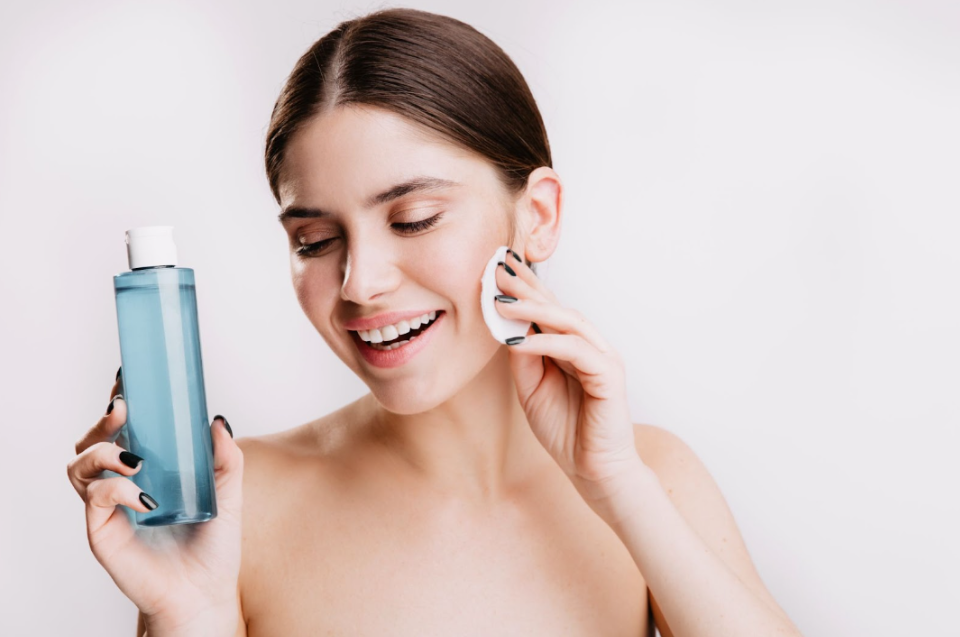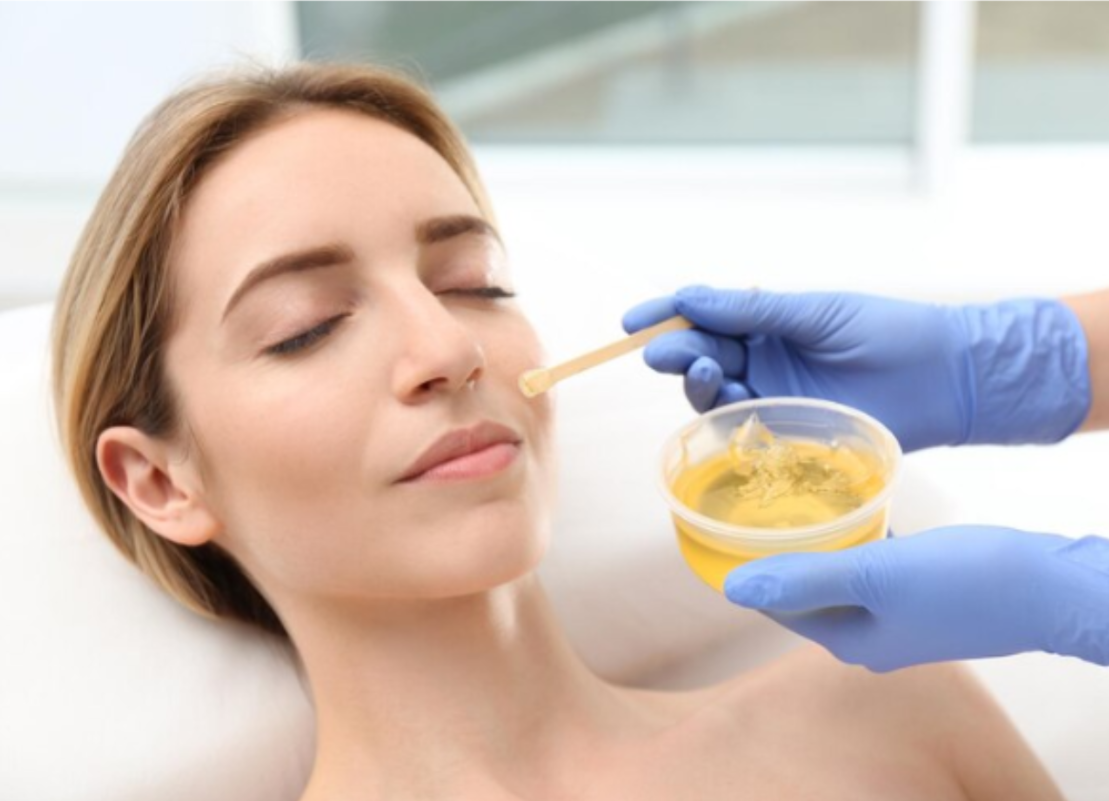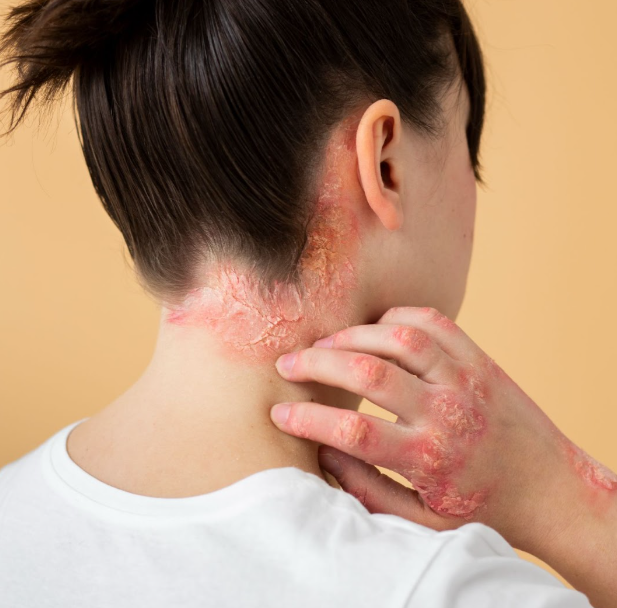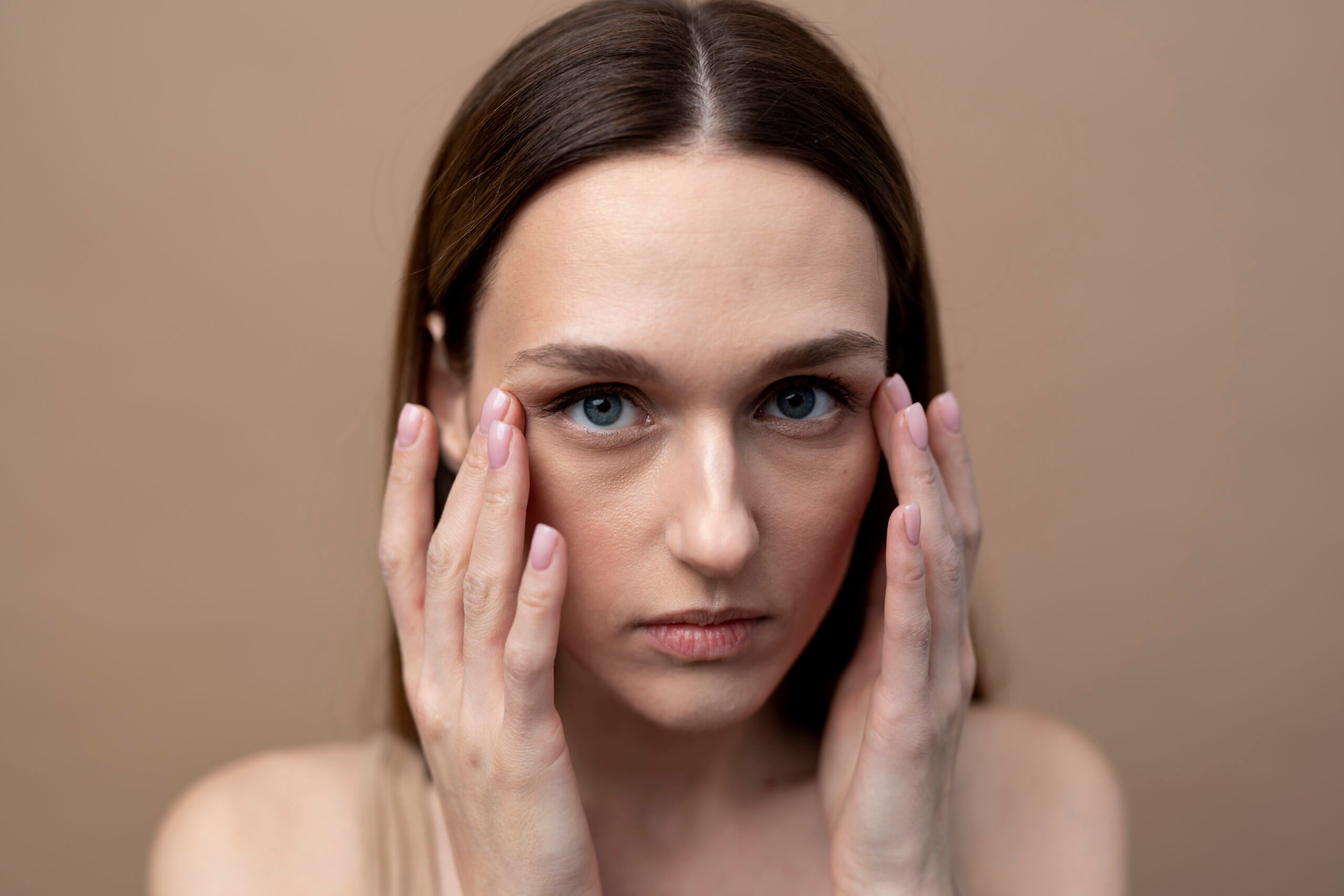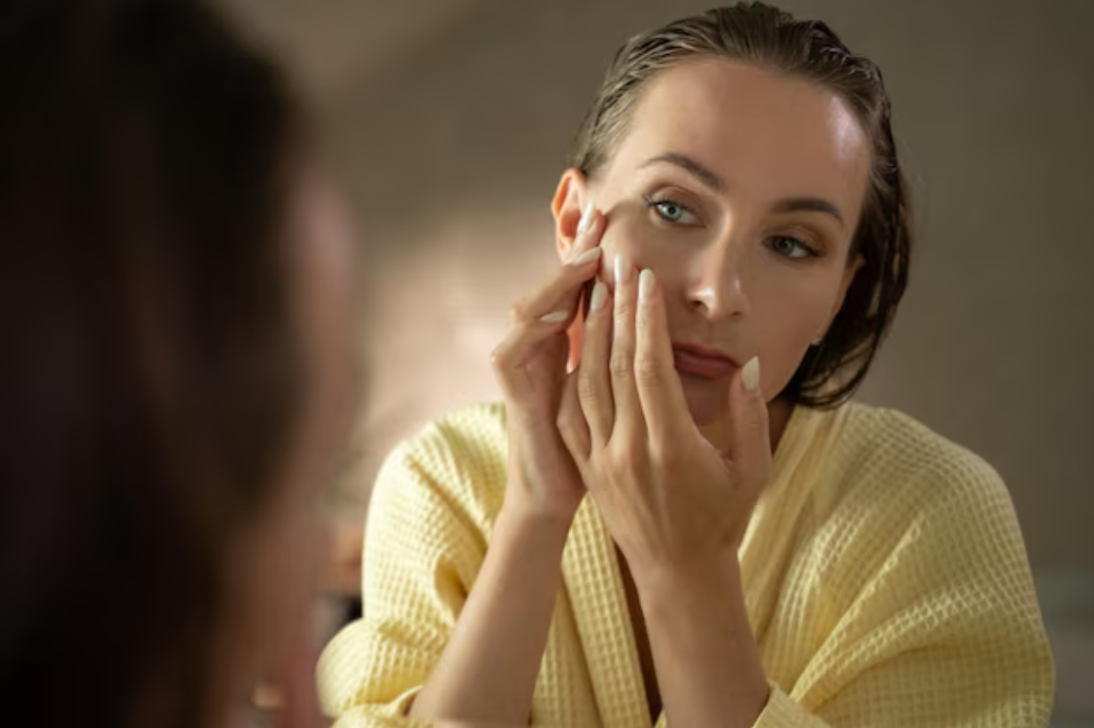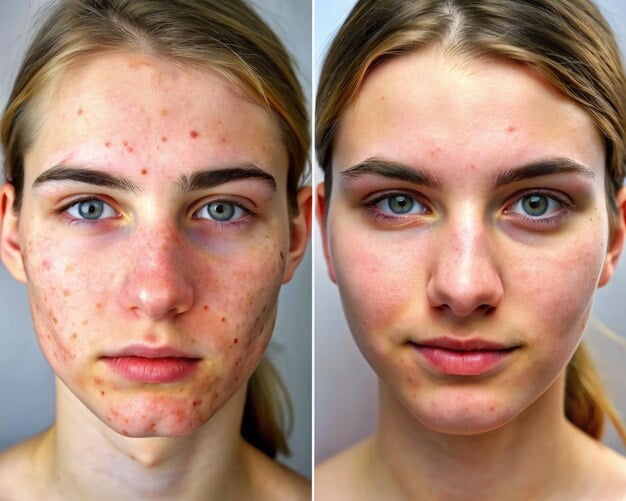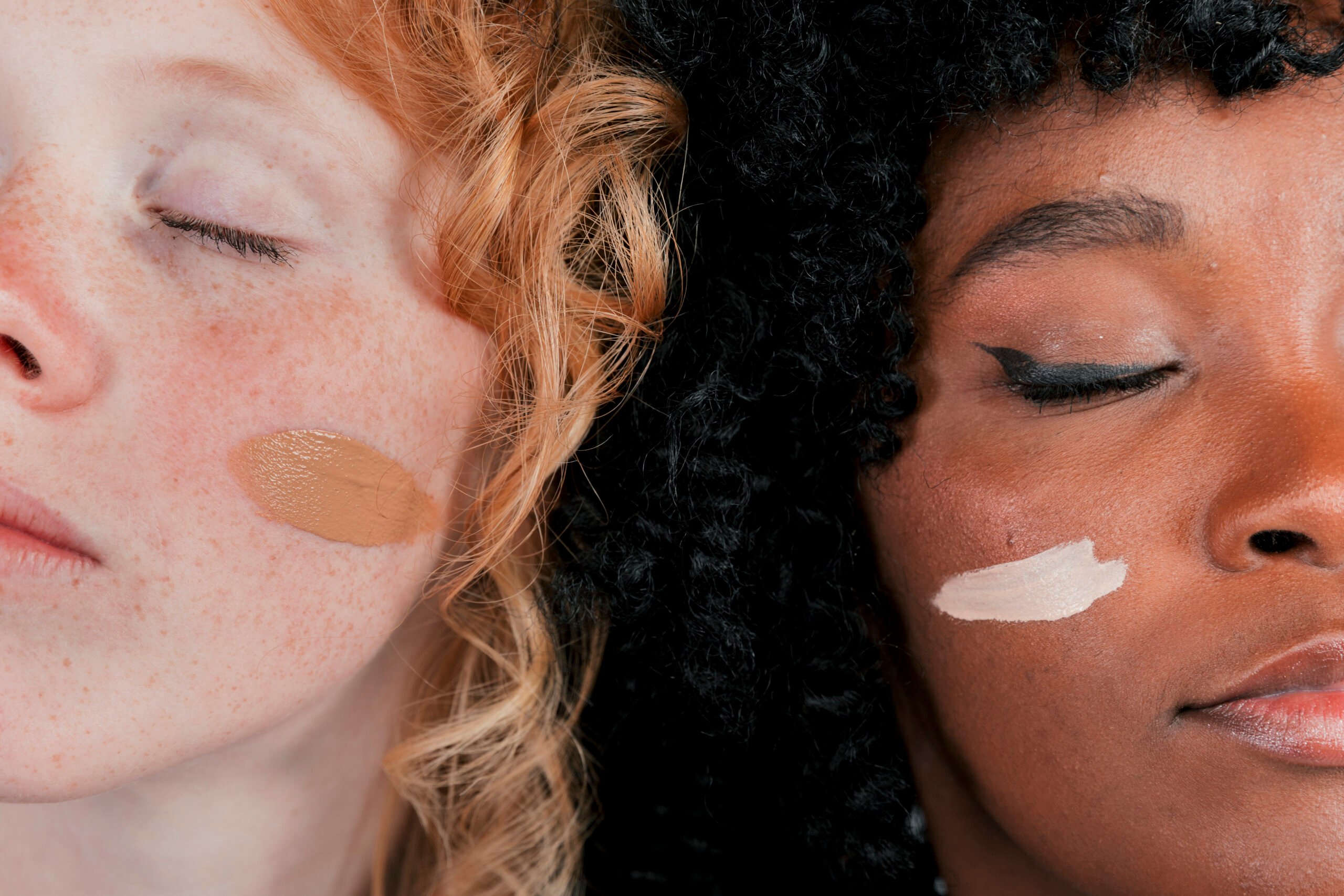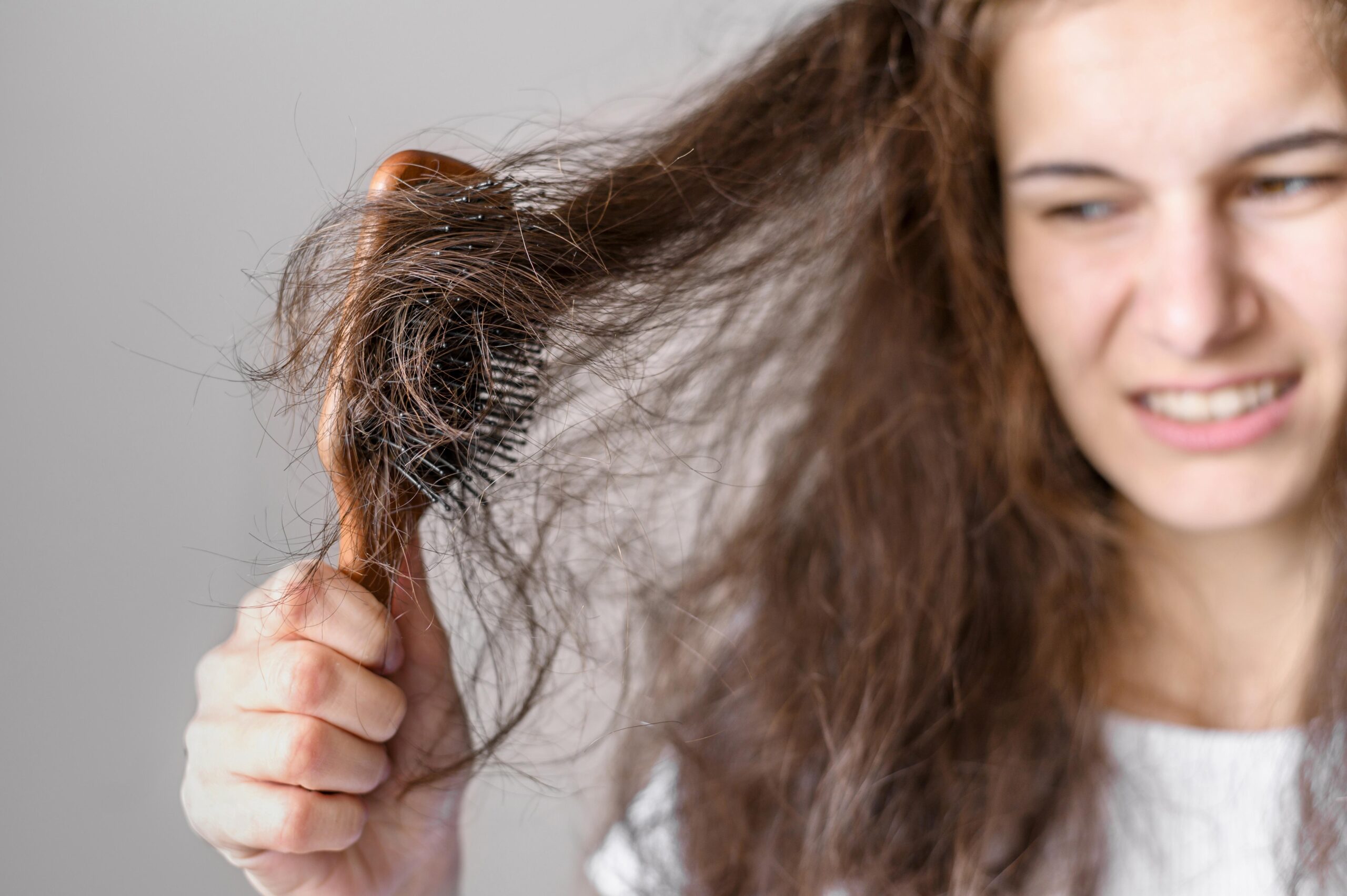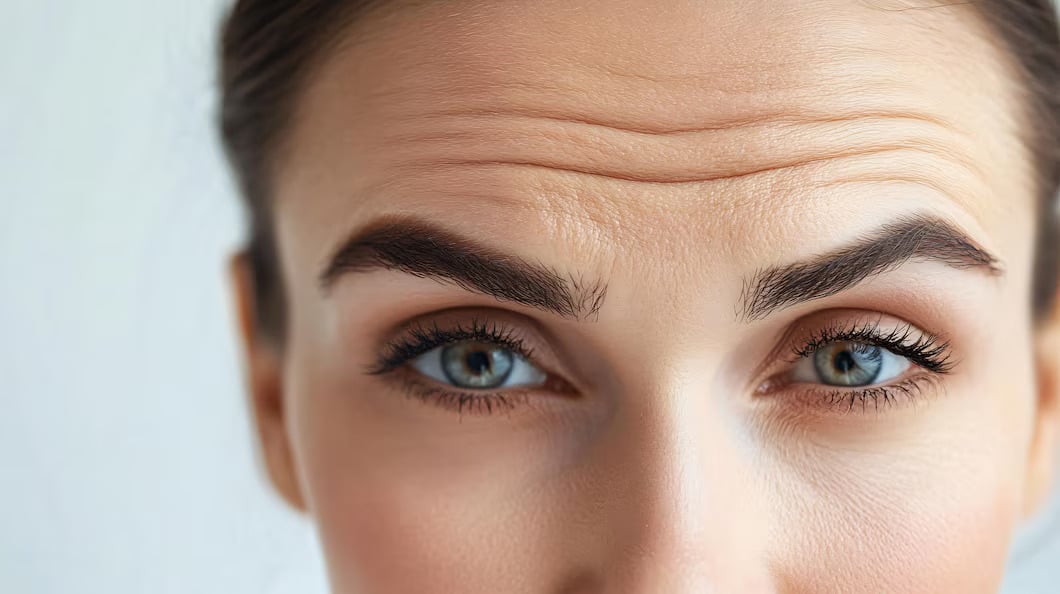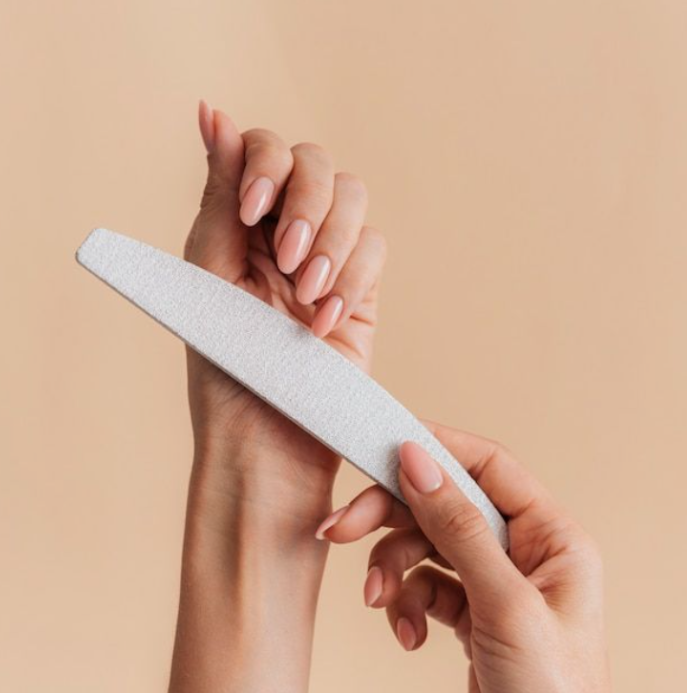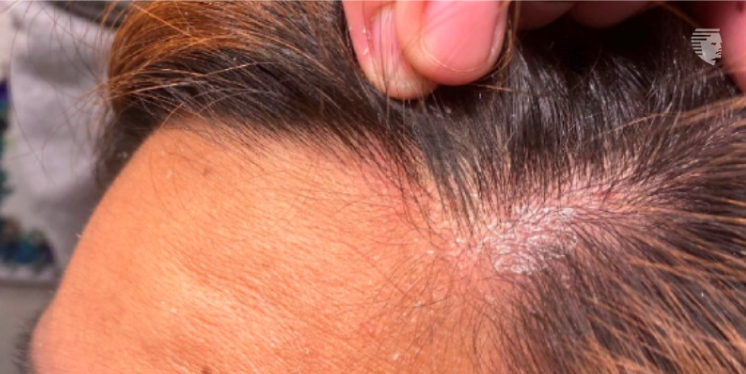Skin

Skin
Stress and Skin Conditions: Unveiling the Hidden Connection
5 minutes read | 14 Mar 24
Have you ever noticed how your skin seems to have a mind of its own, especially during the most stressful times of your life? Whether it's an unexpected breakout, a sudden skin rash, or even your complexion looking a tad more dull and worn than usual, the evidence is hard to ignore. Stress and skin conditions are more closely linked than you might think, turning your skin into an unwelcome canvas for your inner turmoil.
In this blog, we'll dive deep into the hidden connection between stress and skin conditions, uncovering why our emotional well-being is critical in achieving that coveted healthy glow and clear skin. Join us as we explore this intricate relationship, offering insights and solutions to manage stress for the sake of our skin's health.
10 Ways Stress Impacts Your Skin
When you are under a lot of stress, your body's reaction doesn't limit itself to your mental state; it manifests physically, and your skin is often the first to bear the brunt. Understanding stress’ effects on your skin can empower you to take proactive steps towards better skin health and overall well-being. Here are ten ways stress can impact your skin:
1. Accelerated Ageing
Chronic stress can lead to visible signs of ageing, including wrinkles and fine lines. Stress hormones like cortisol can break down collagen, diminishing the skin's elasticity and firmness making you look older than you feel.
2. Acne Flare-ups
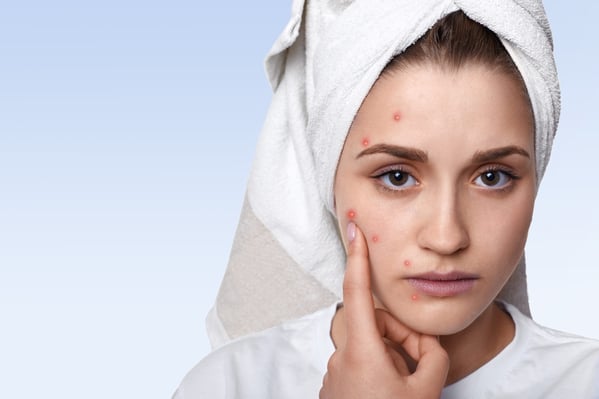
When under stress, the body ramps up the production of stress hormones, including cortisol, which can increase oil production in your skin glands, making you more susceptible to stress-causing acne. This is why, during periods of high emotional stress, many notice a frustrating resurgence of pimples and breakouts.
3. Dryness and Dullness
Stress can disrupt the skin's natural barrier, leading to moisture loss and a dull, lifeless complexion. When under a lot of stress, your skin may struggle to retain its usual hydration level as it is working on overdrive, resulting in dryness and a lacklustre appearance.
4. Eczema and Psoriasis Worsening
For those with pre-existing skin conditions like eczema or psoriasis, stress can be a trigger that exacerbates these issues. Emotional stress can negatively impact the skin's ability to heal and maintain a healthy state, leading to more frequent and severe flare-ups.
5. Skin Texture Changes
Stress can alter the texture of your skin, leading to roughness or bumpiness. The lack of proper skin hydration and the impact of stress hormones can make the skin feel less smooth and pliable, indicating the need for stress management and targeted skincare to restore the skin's natural texture
6. Hives and Rashes

Skin rash due to stress is a common manifestation, with stress hormones triggering an immune response that can lead to hives or rash. These can be itchy, uncomfortable, and a visible sign of internal turmoil.
7. Increased Sensitivity
Stress can make the skin more sensitive and reactive to external irritants and allergens. This heightened sensitivity can mean products once suitable for your skin may now cause redness, irritation, or discomfort.
8. Oily Skin and Shine
Alongside causing unnecessary acne, stress can lead to an overall increase in skin oiliness. The overproduction of cortisol can stimulate your oil glands, leaving your face with an unwelcome shine and making it more challenging to manage your skin's natural balance.
9. Aggravates Rosacea
Stress is known to worsen symptoms of rosacea, leading to more pronounced redness and visible blood vessels. The emotional stress triggers can worsen rosacea, complicating the condition's management and treatment.
10. Under Eye Bags

Chronic stress can also manifest around the eyes, causing dark circles and puffiness. The stress effect on skin extends to the delicate area around your eyes, where thin skin is more prone to showing signs of fatigue and stress.
Stress Management 101: Strategies for Healthier Skin and Mind
Managing stress is not just about immediate relief; it's about cultivating practices that help maintain a balanced state of mind, which can positively impact your skin health. Here are some strategies to manage stress, keeping in mind the intricate connection between stress and skin conditions:
1. Embrace Self-Care
Allocate time for activities that bring you joy and relaxation, whether it's diving into a book, enjoying nature, or indulging in a spa or salon treatment. For instance, treating yourself to professional skin treatments and relaxing body massages and spa by Bodycraft can significantly reduce stress and enhance your skin's health. These pampering moments are powerful self-care practices, blending relaxation with direct benefits to the mind and skin.
2. Stay Active
Regular exercise isn't just good for your body; it's a potent stress-buster. It lowers stress hormones and boosts mood-enhancing endorphins, promoting healthier skin by improving circulation.
3. Eat Well

A balanced diet filled with vitamins, minerals, and antioxidants combats stress internally, supporting your immune system and reducing the physical signs of stress on your skin.[/caption]
4. Prioritise Sleep
Quality sleep is crucial in managing stress. Establish a calming bedtime routine and aim for 7-9 hours of sleep to help reduce stress-induced skin issues like dullness and breakouts.
5. Mindfulness and Relaxation

Incorporating mindfulness practices such as meditation and deep-breathing exercises into your daily routine can help centre your thoughts, reducing stress and its visible effects on your skin.
The Takeaway
The intricate relationship between stress and skin conditions underscores the importance of holistic health management. Tackling stress is not just about feeling better mentally; it's about visibly reflecting that wellness through your skin. Bodycraft invites you to explore a world where stress relief and skin rejuvenation go hand in hand. Book an Appointment Now!
FAQs Around Stress and Skin Conditions
1. How do you reverse stress effects on the skin?
Combat stress effects by prioritising stress management (like meditation), ensuring ample sleep, eating a balanced diet, and adhering to a consistent skincare routine.
2. Are chin pimples caused by stress?
Yes, stress can trigger chin pimples due to increased cortisol levels, leading to oily skin and clogged pores in this area.
3. Can stress cause pimple breakouts?
Indeed, stress boosts cortisol production, increasing oil production and clogging pores, which can lead to breakouts.
4. What causes the long-term effects of stress?
Chronic stress keeps stress hormone levels high, affecting the immune system and skin health, potentially worsening or triggering skin conditions like eczema and acne.
Related categories
Get a complimentary consultation today. Book now







































.png)

























-1.png)

